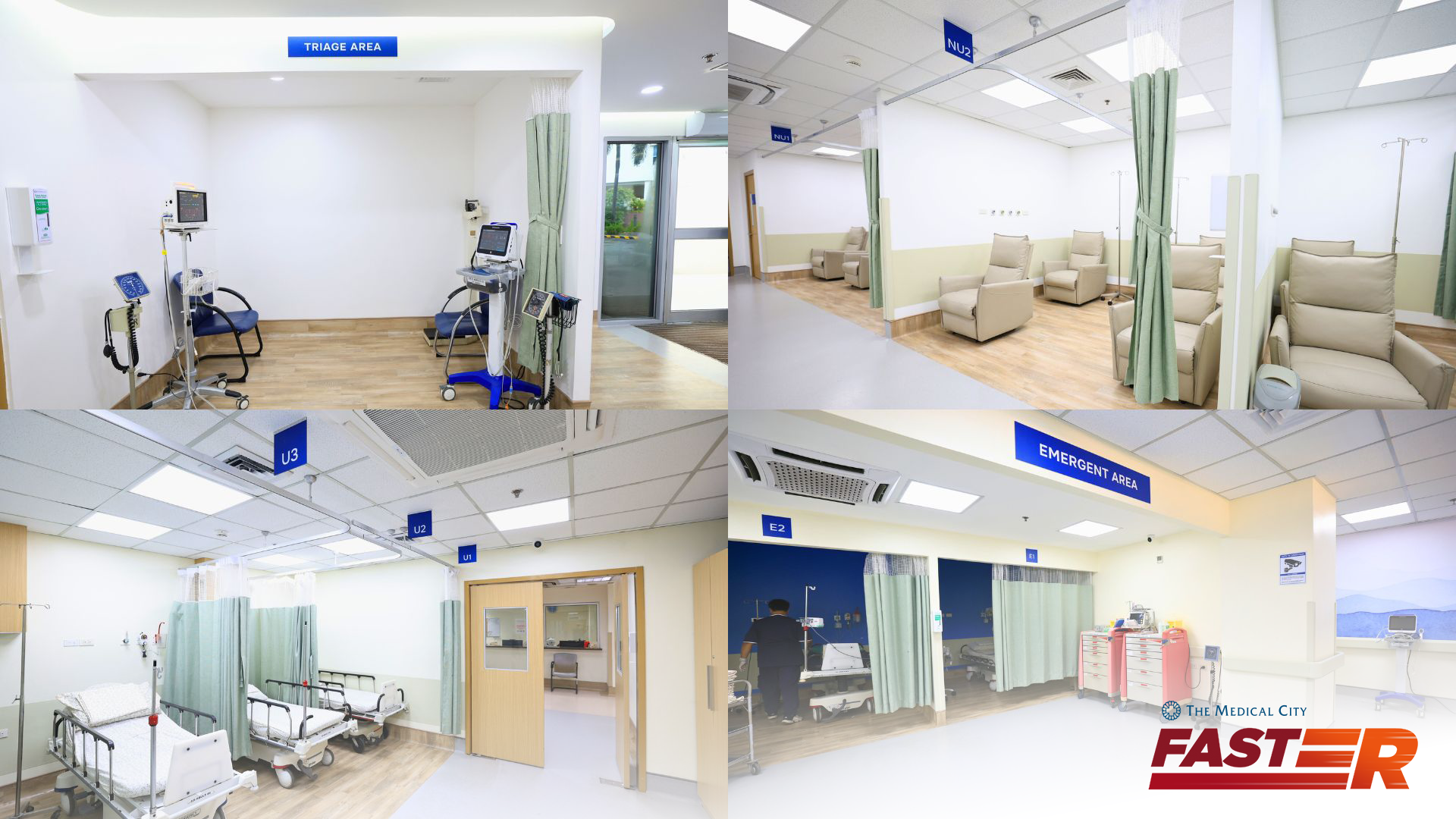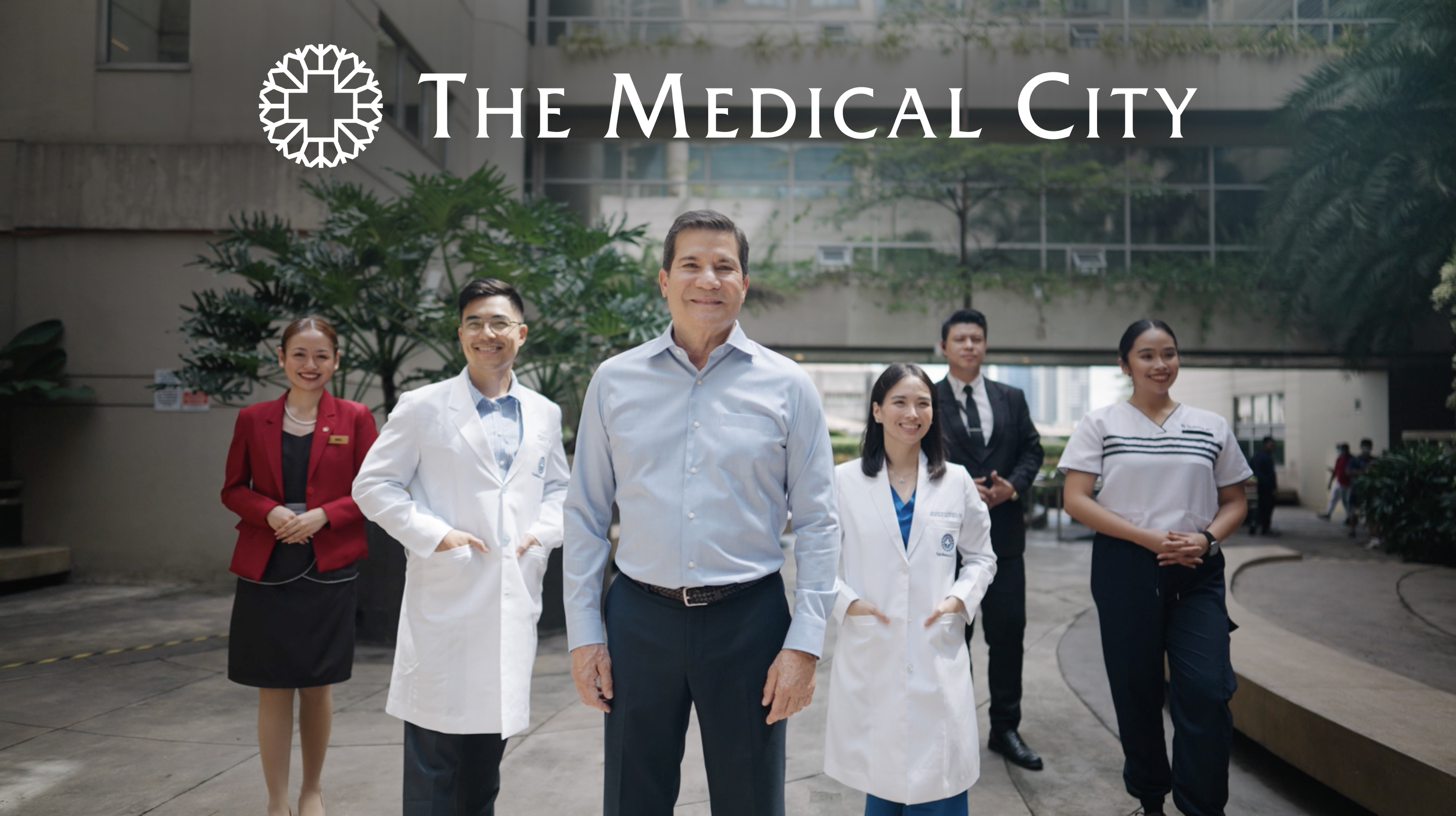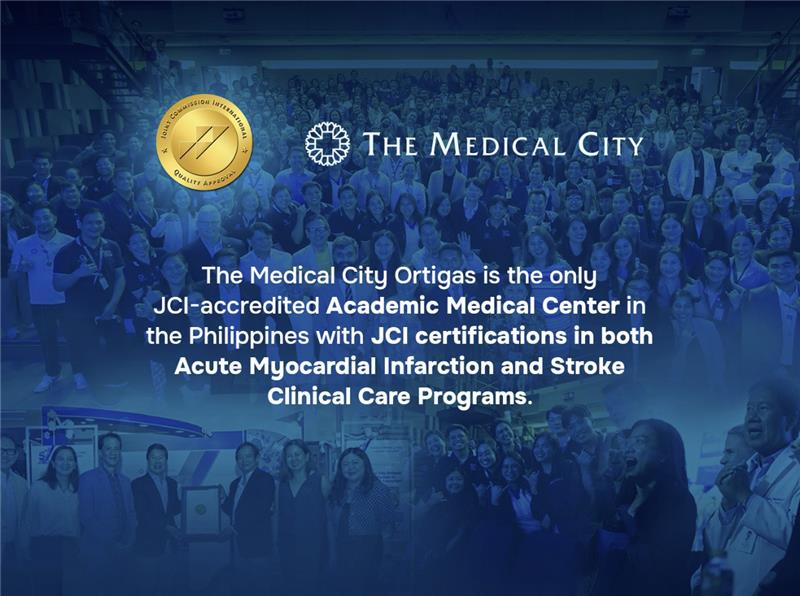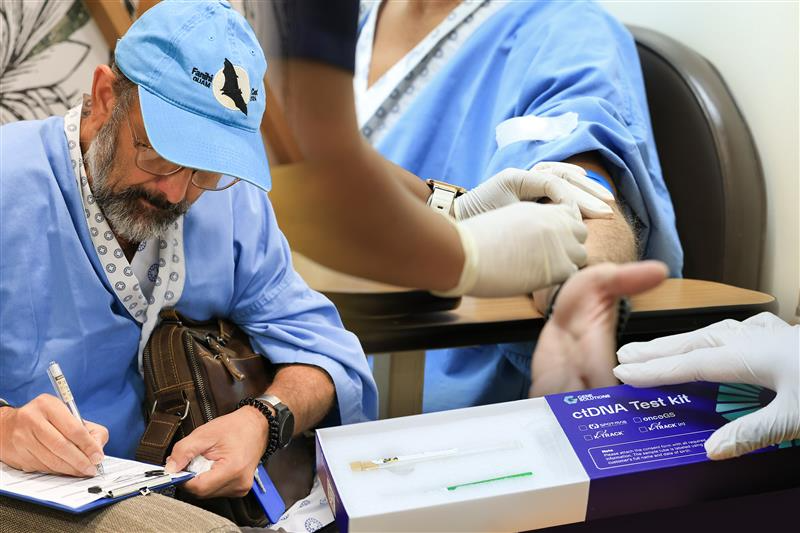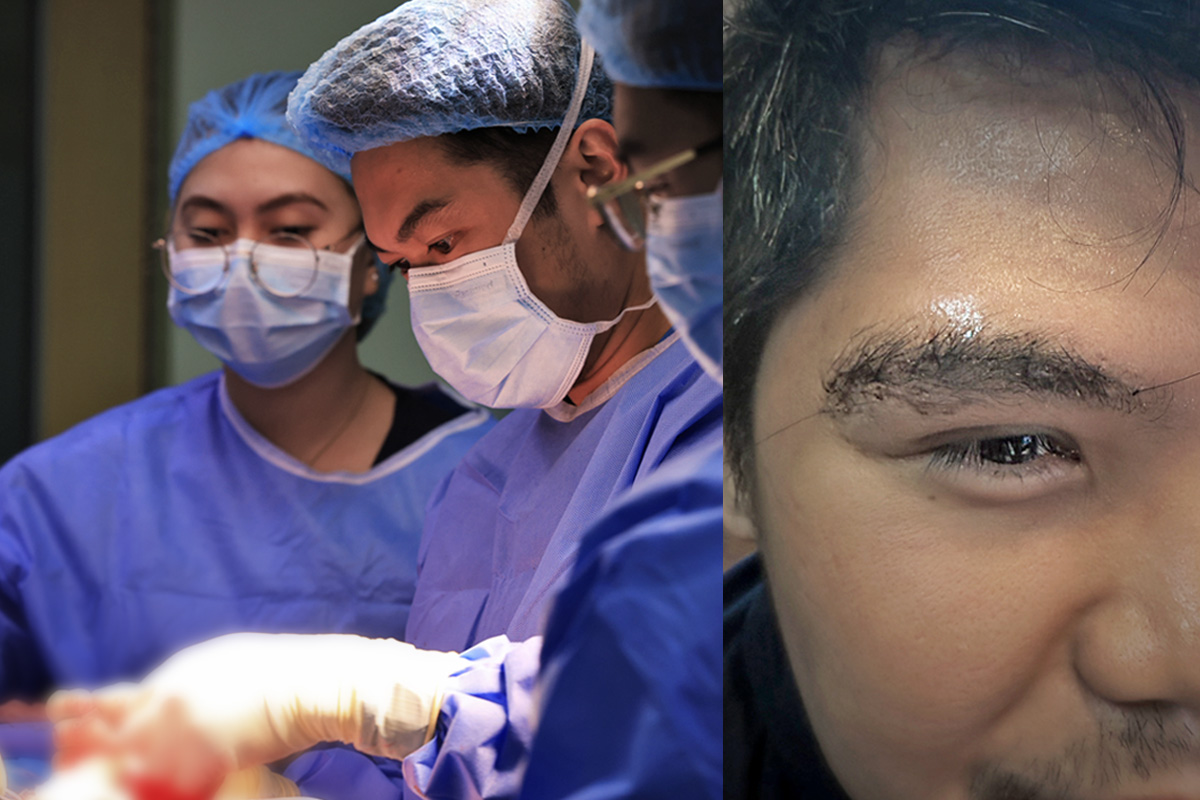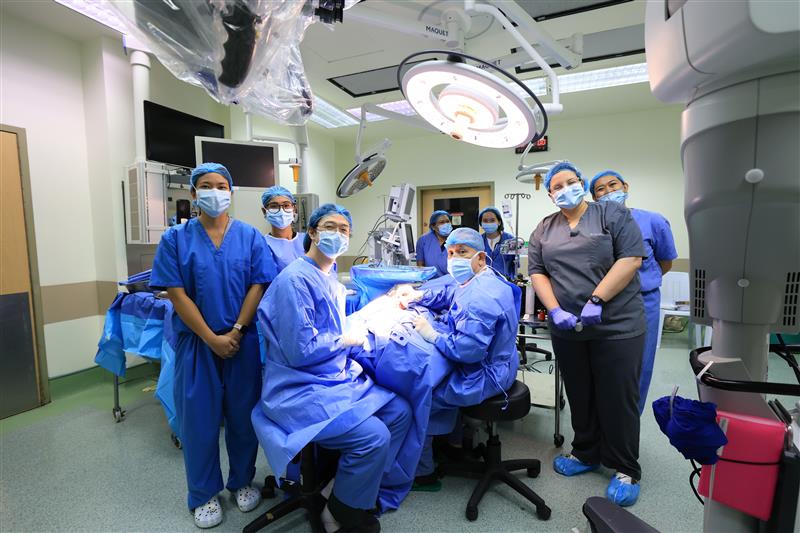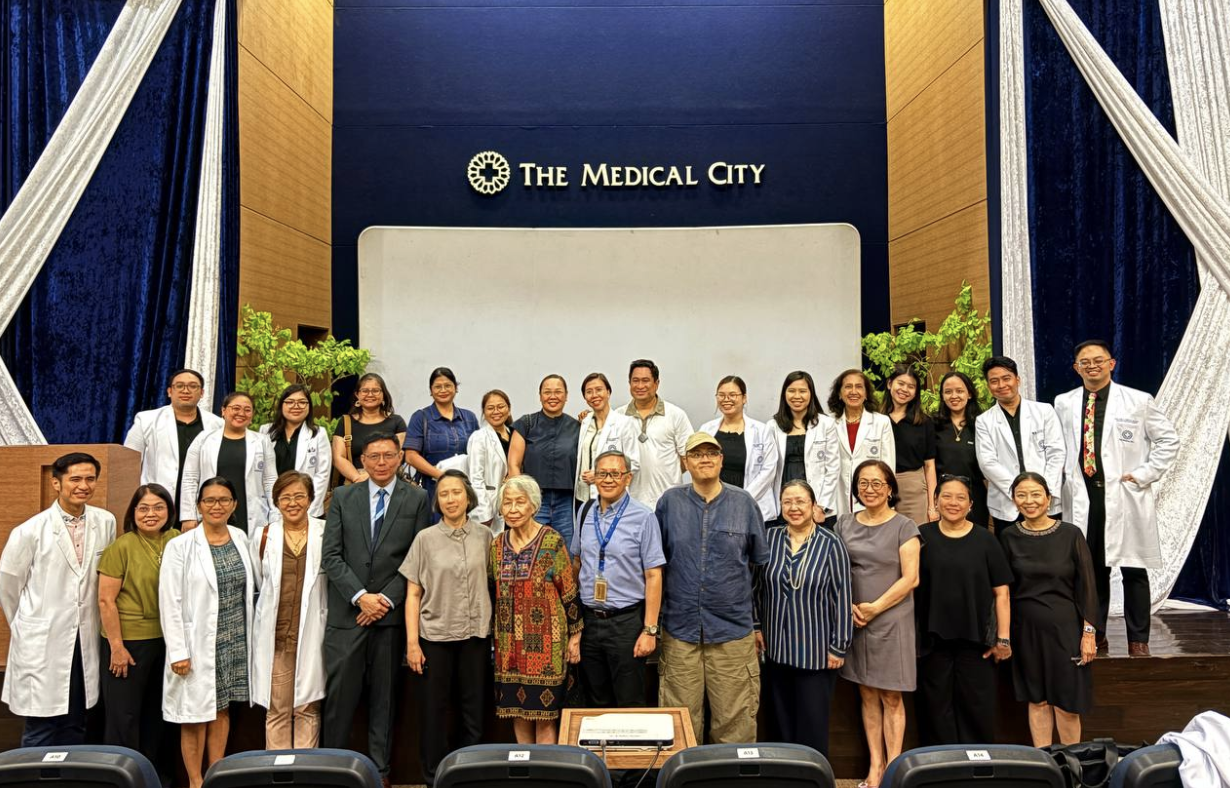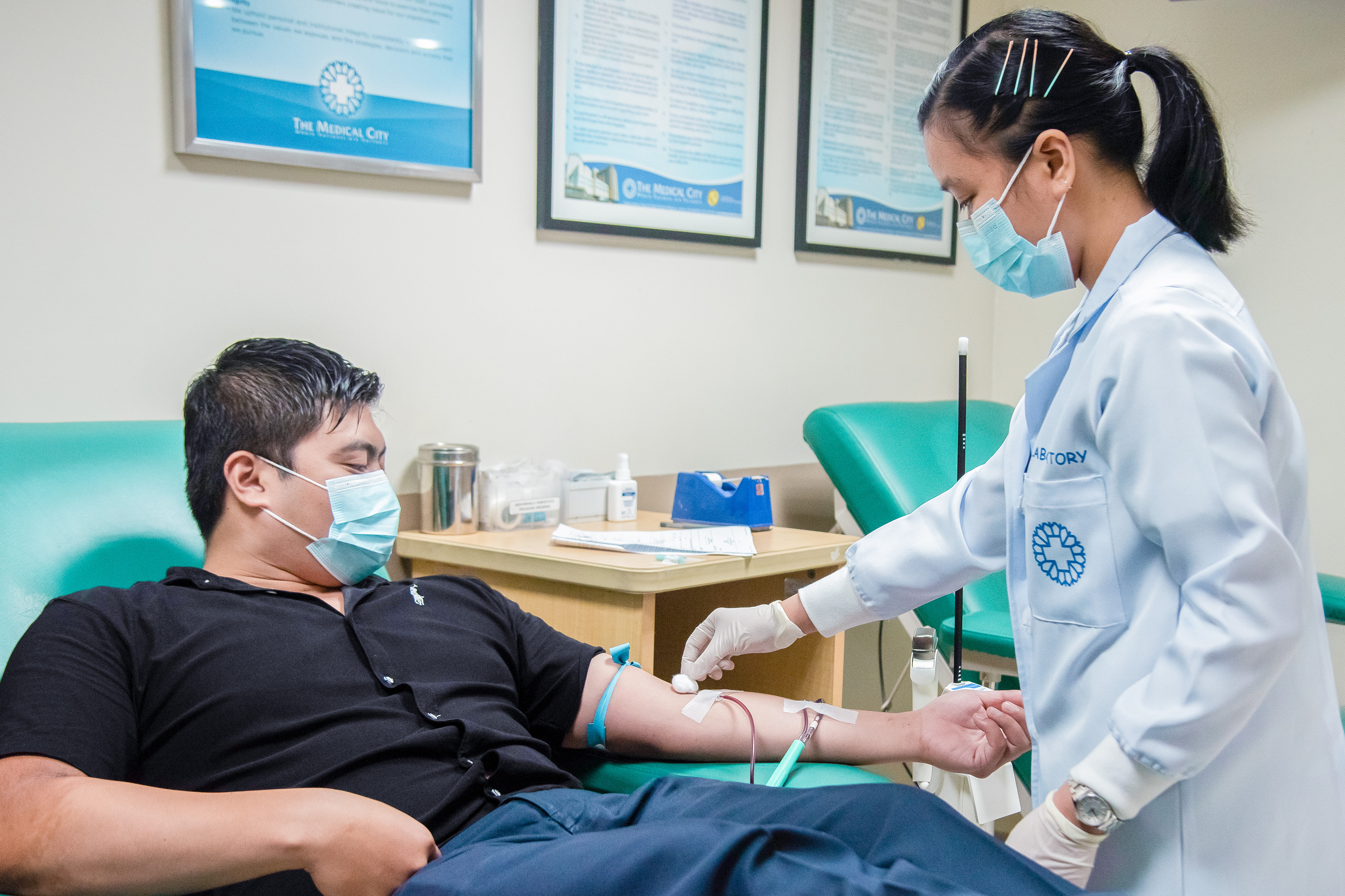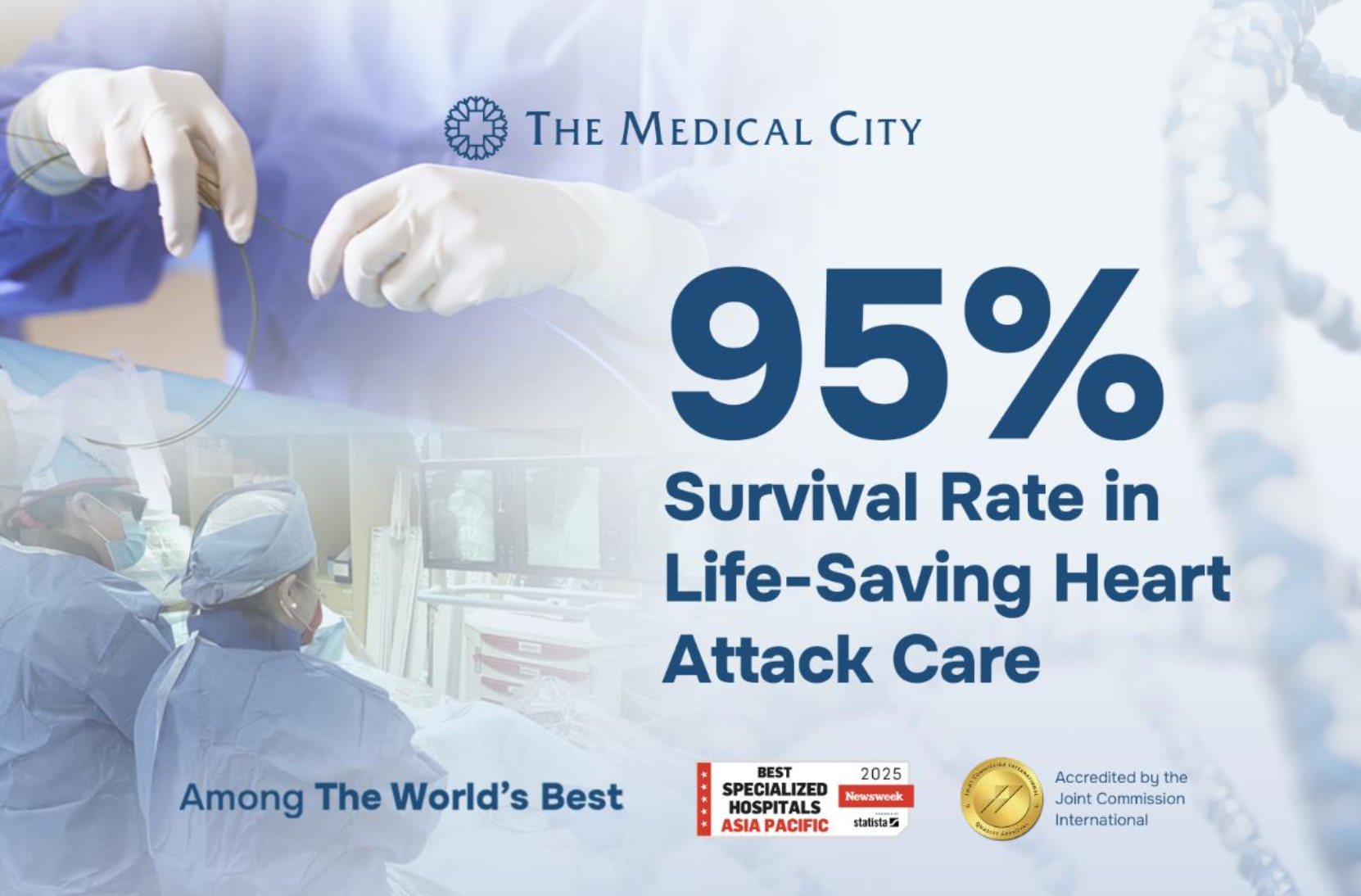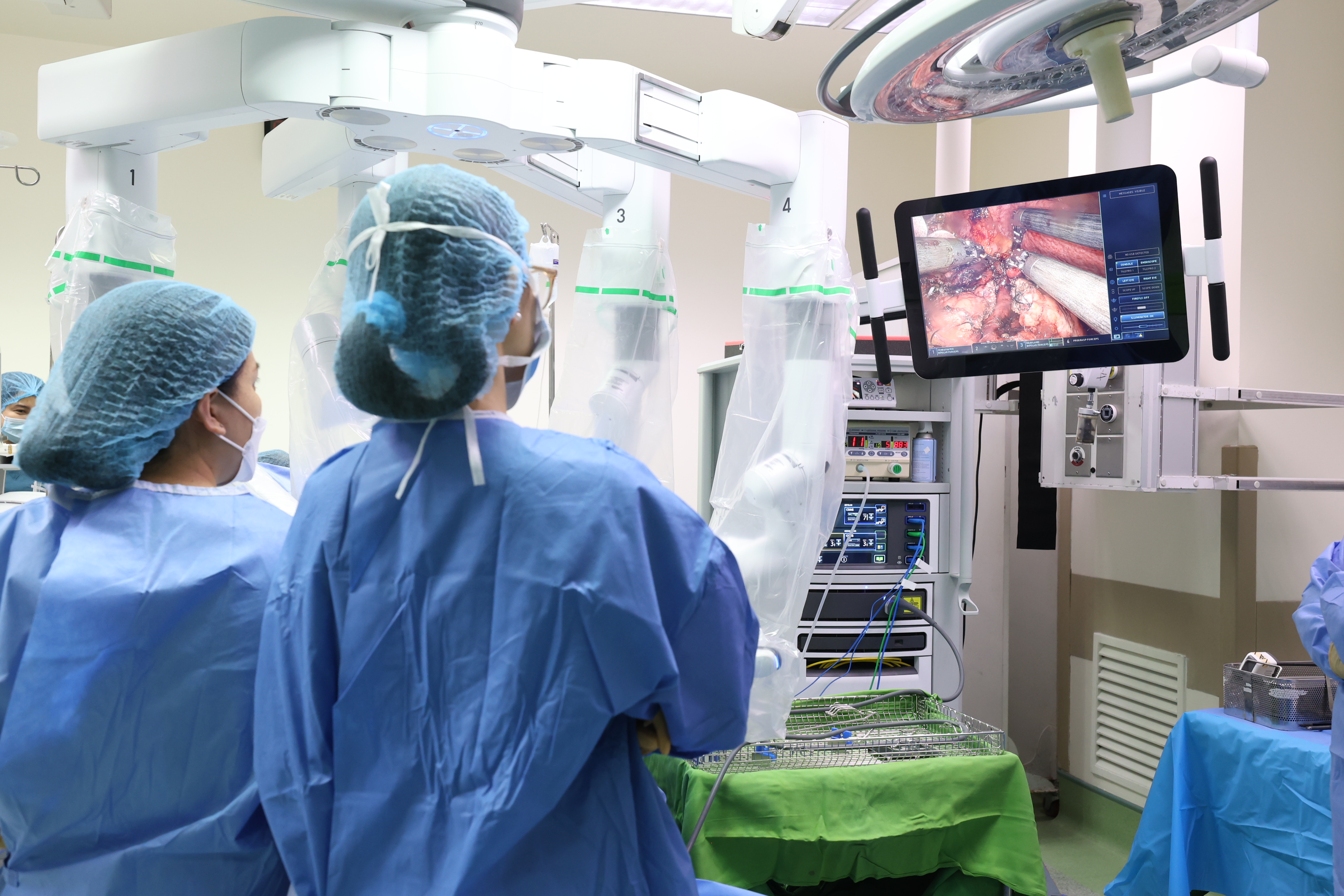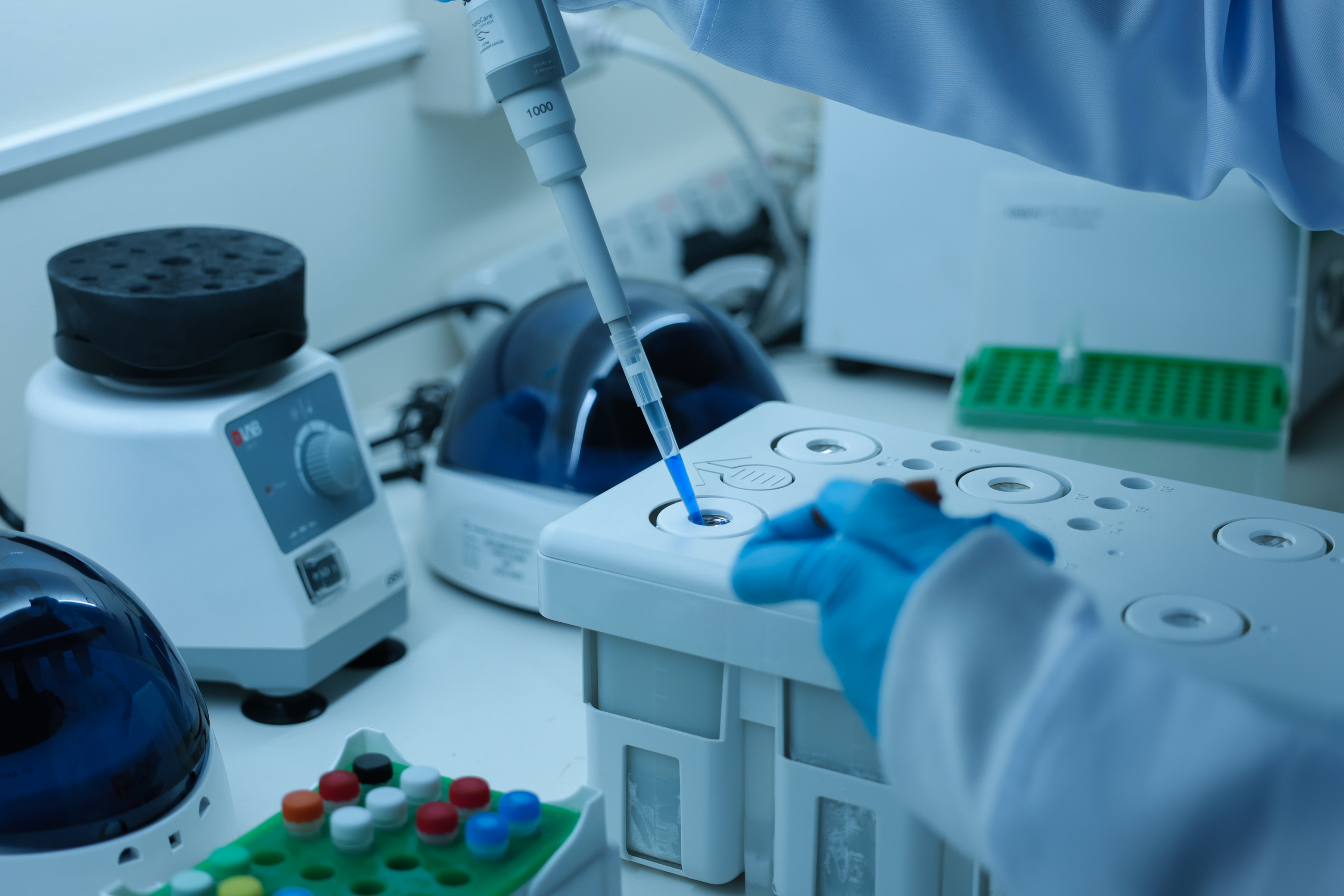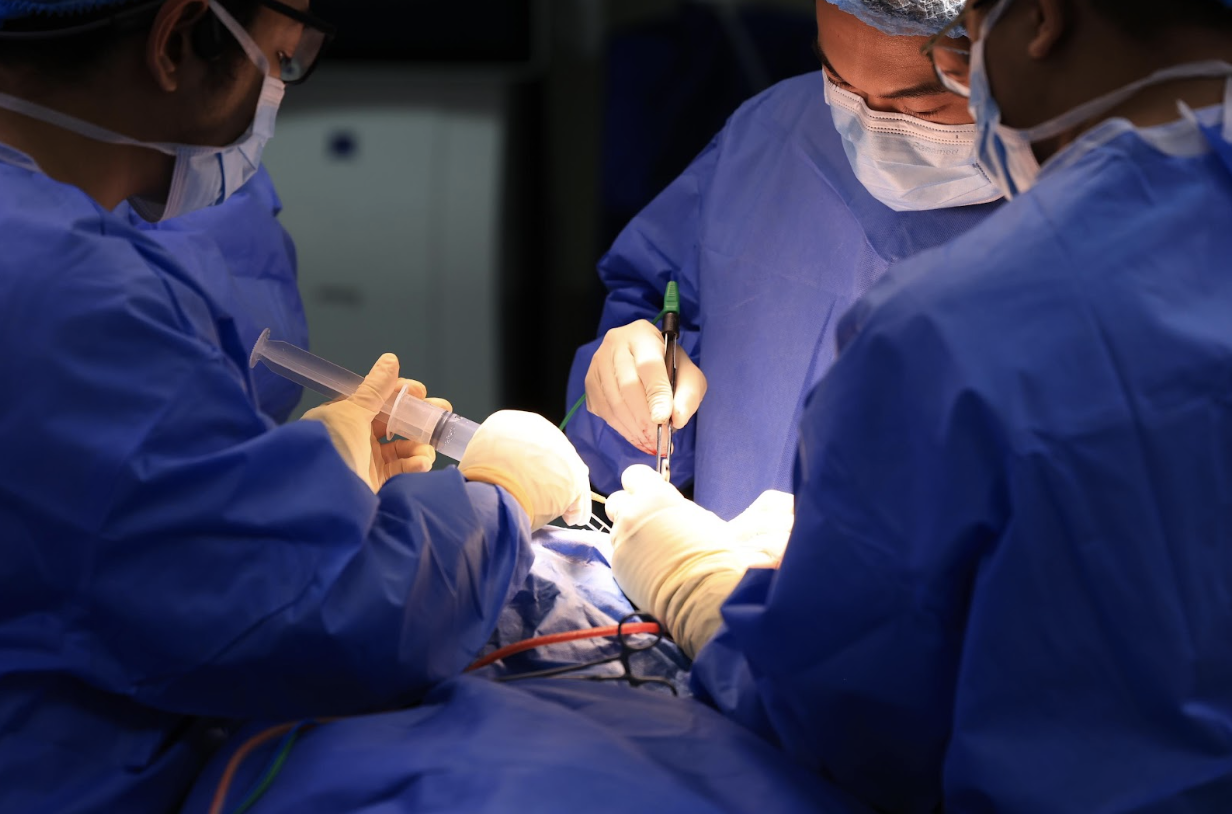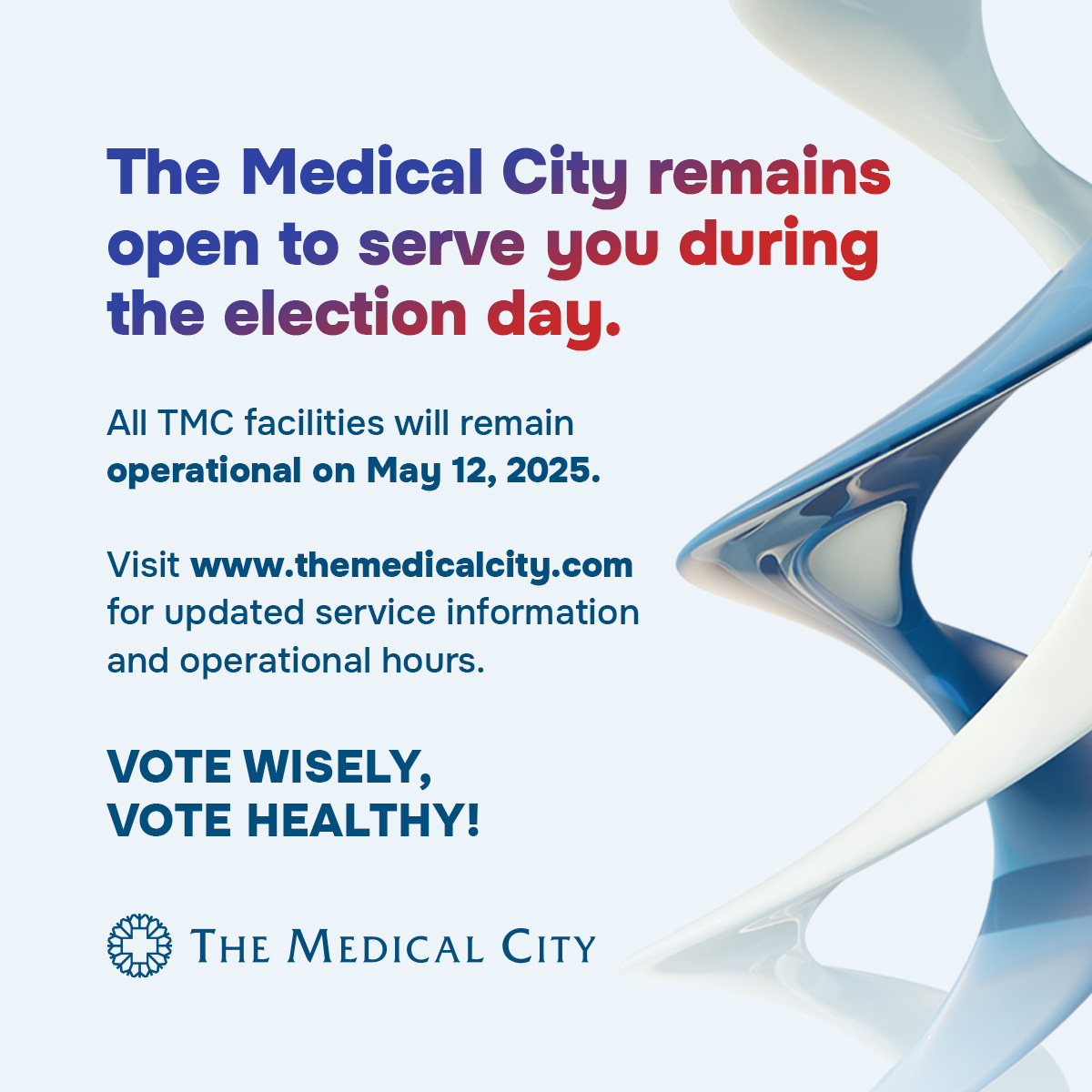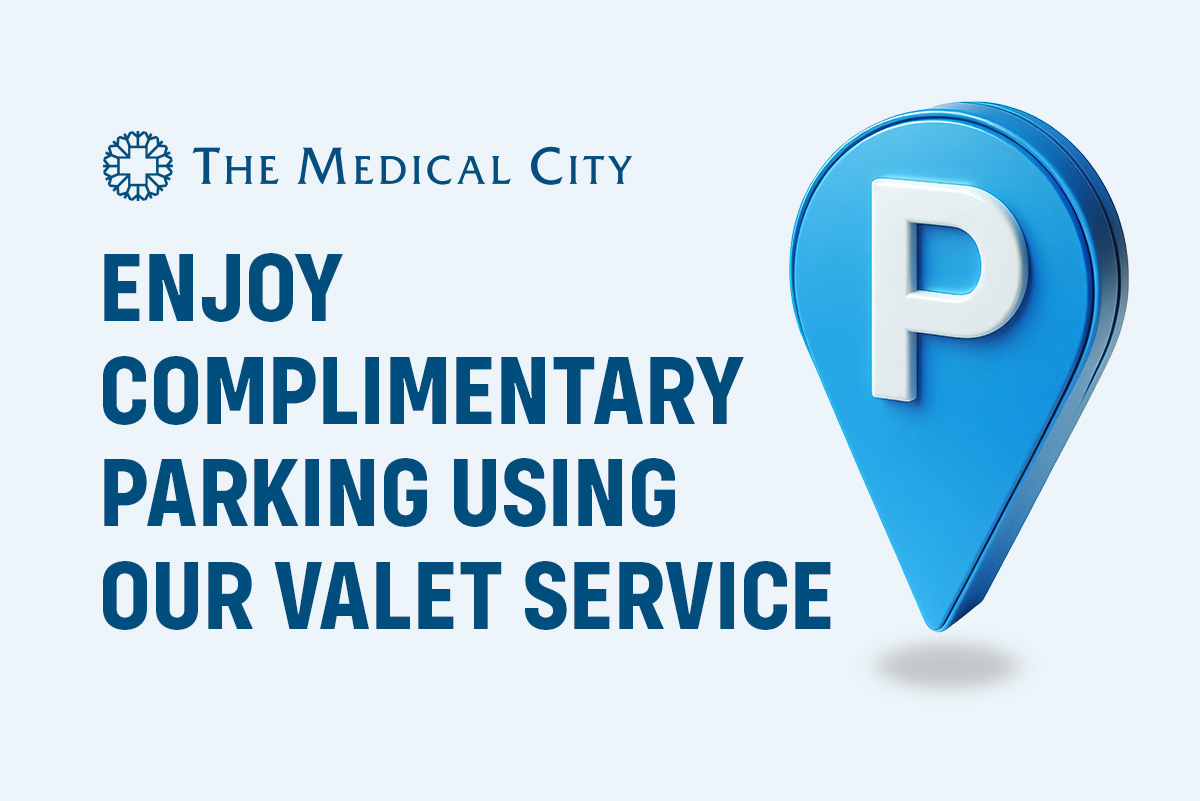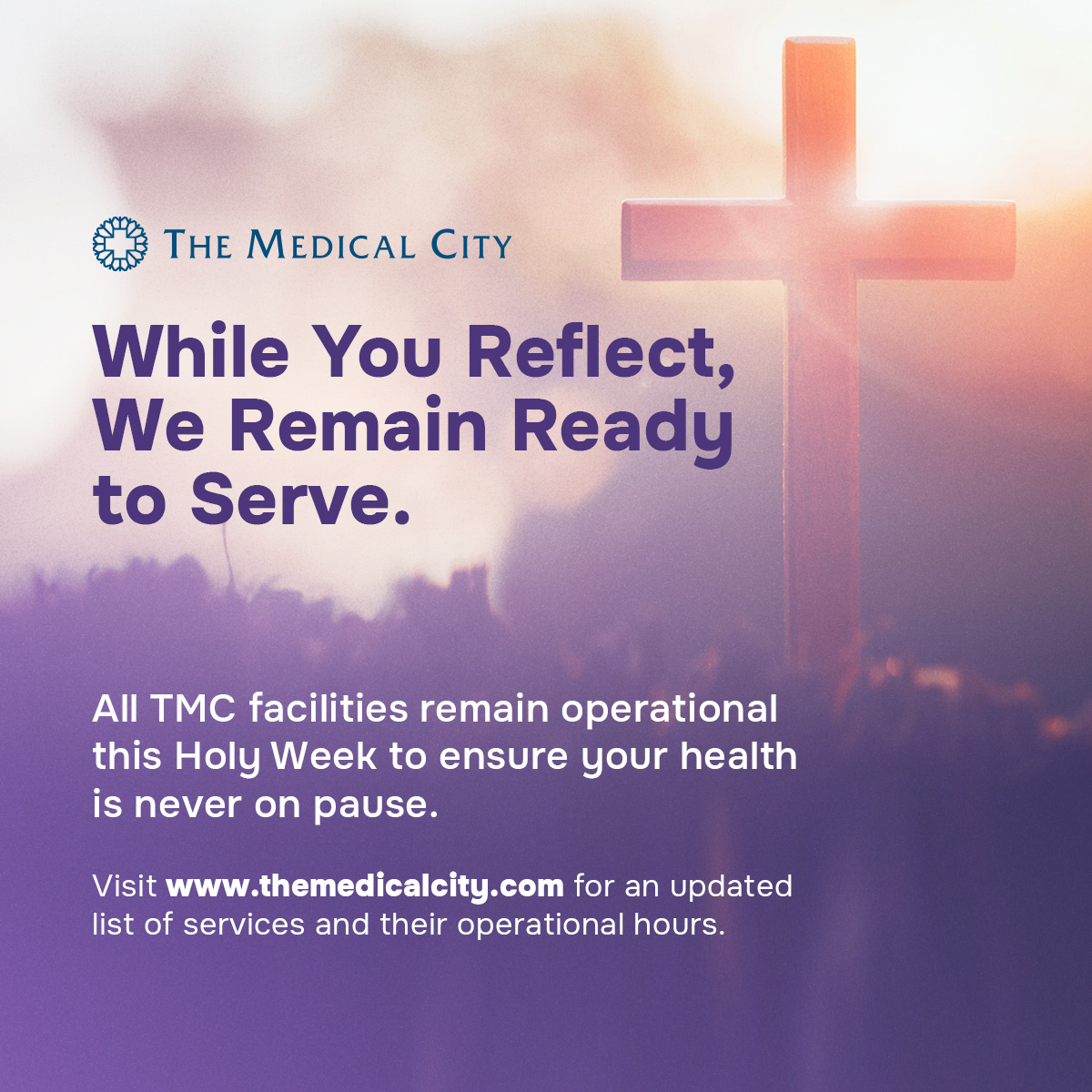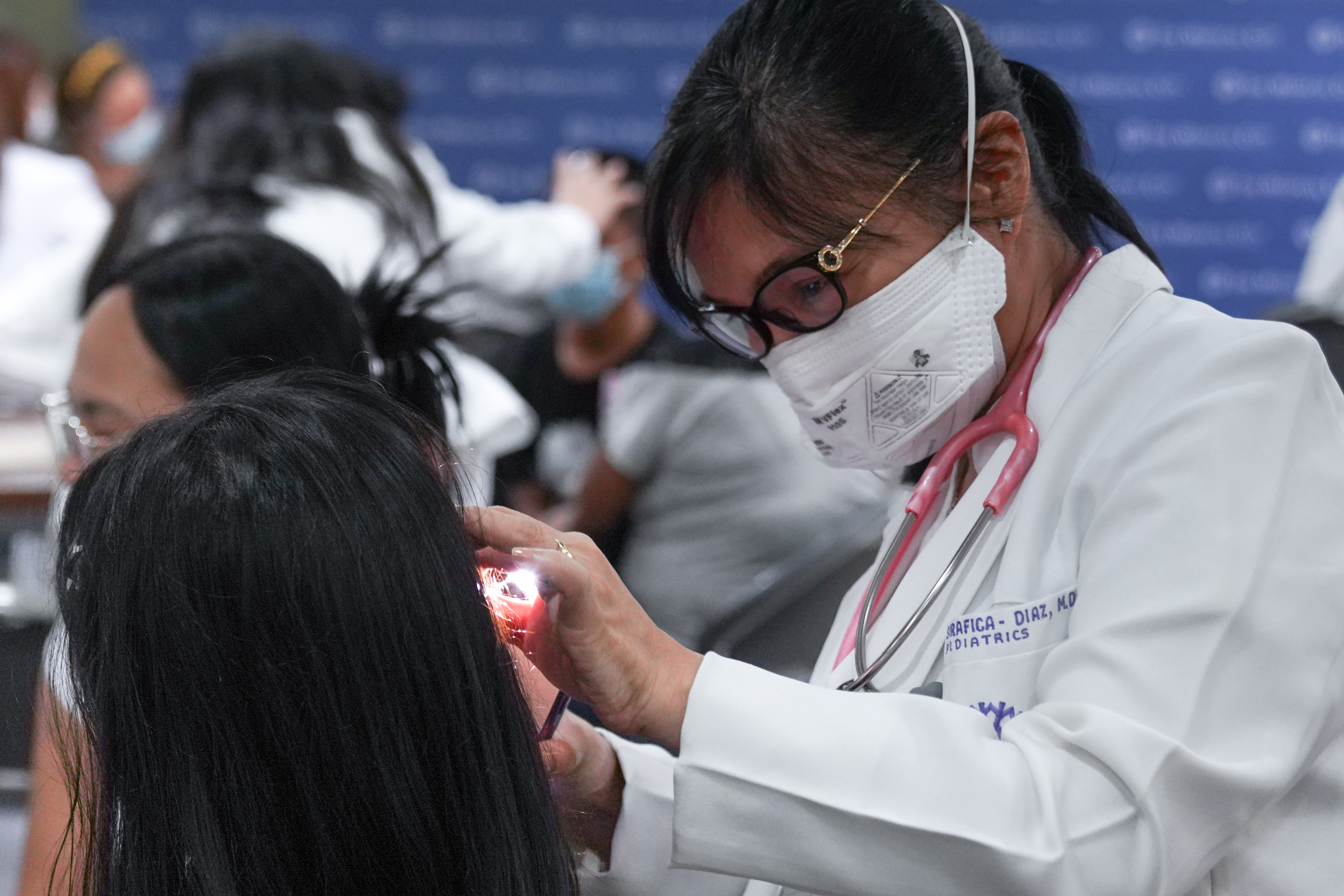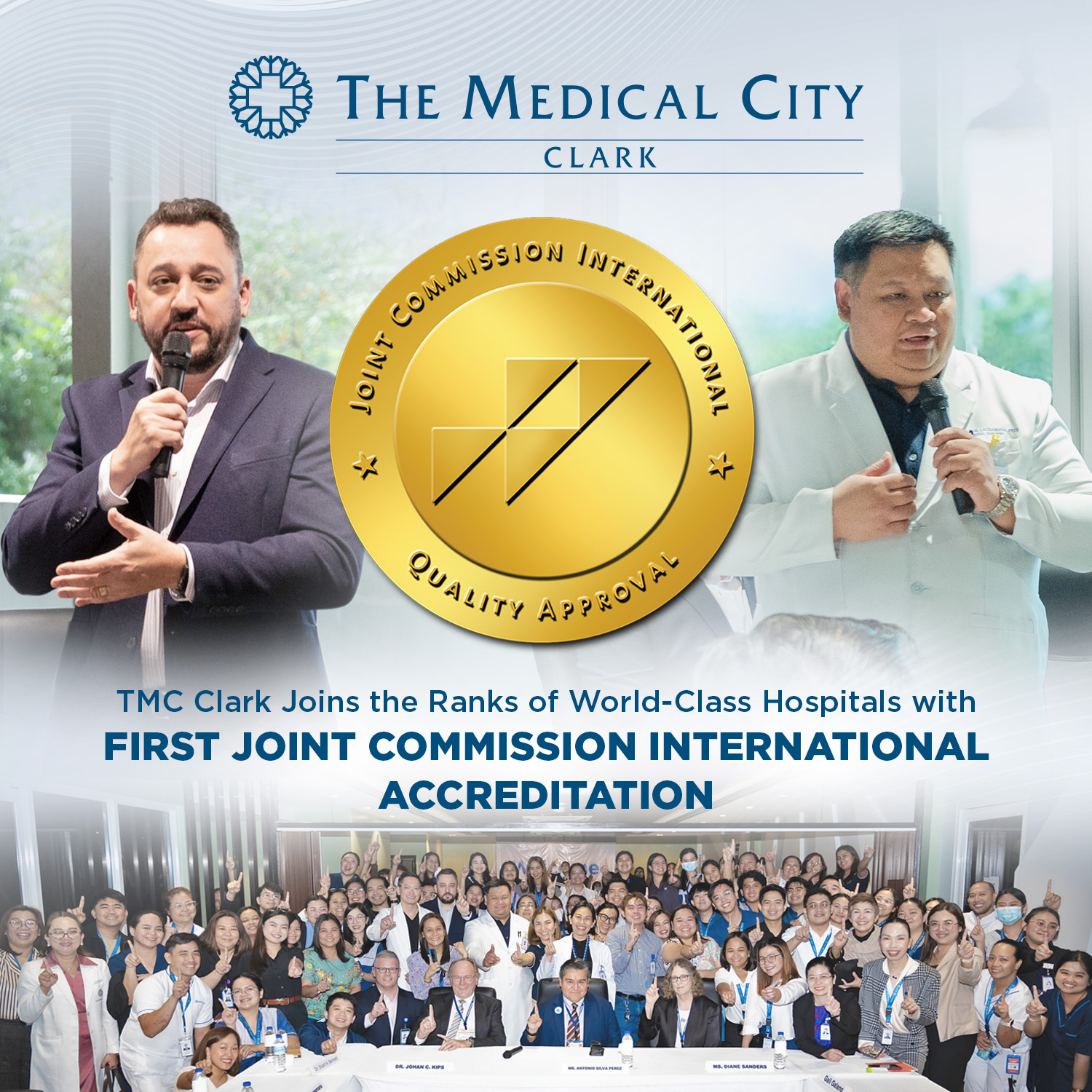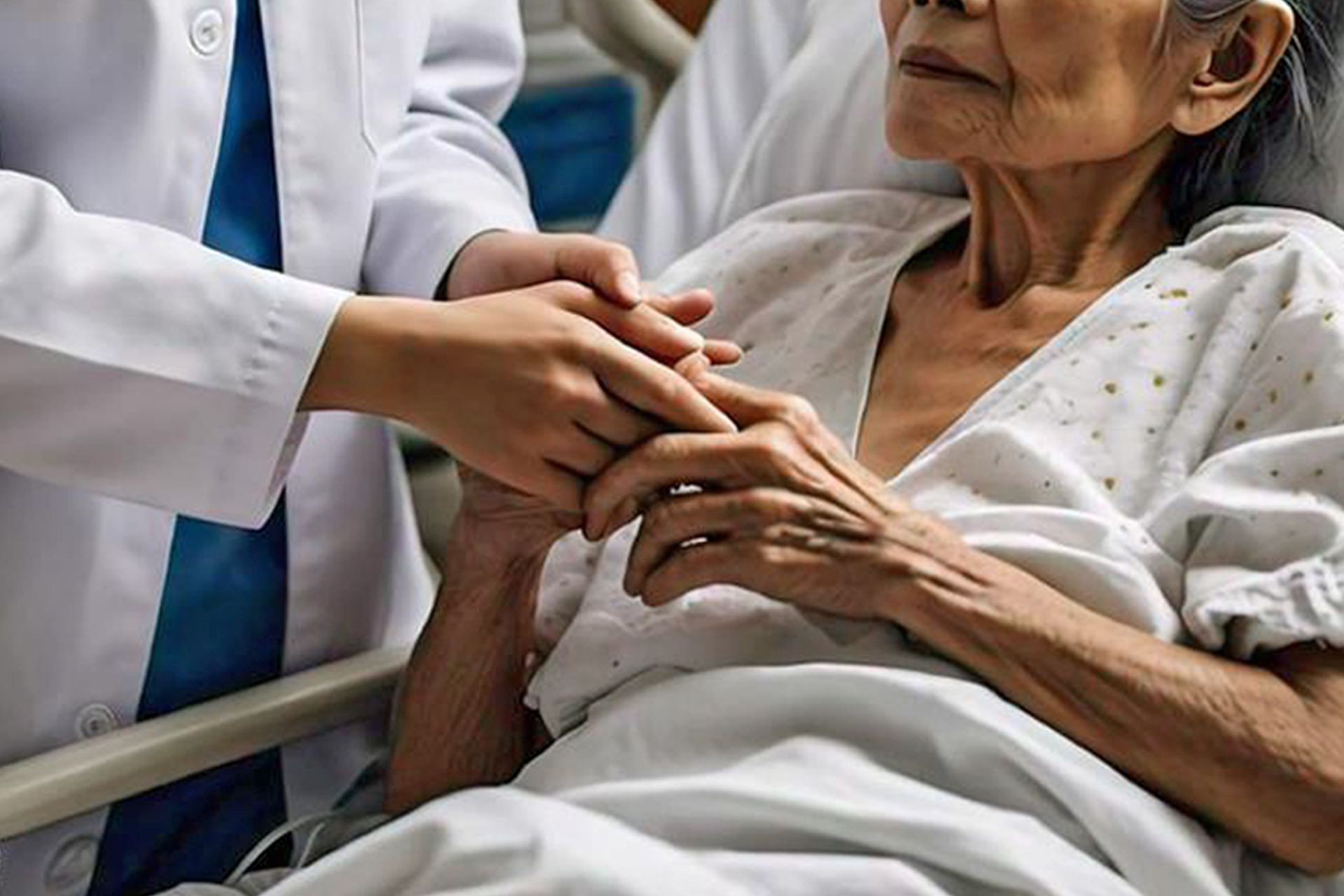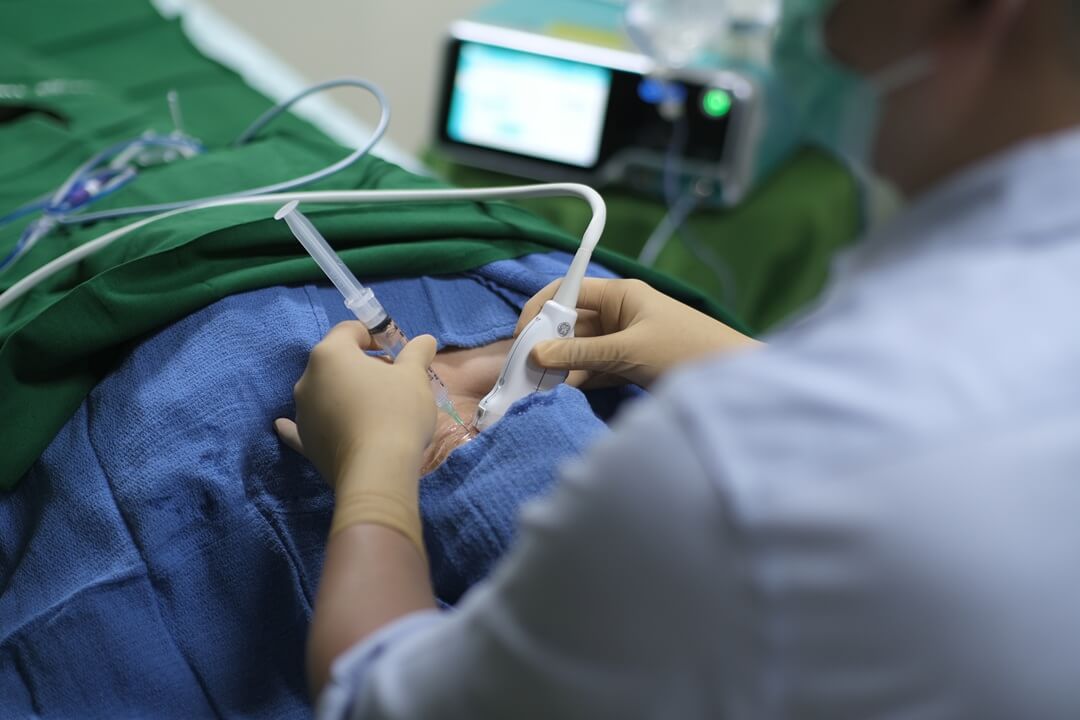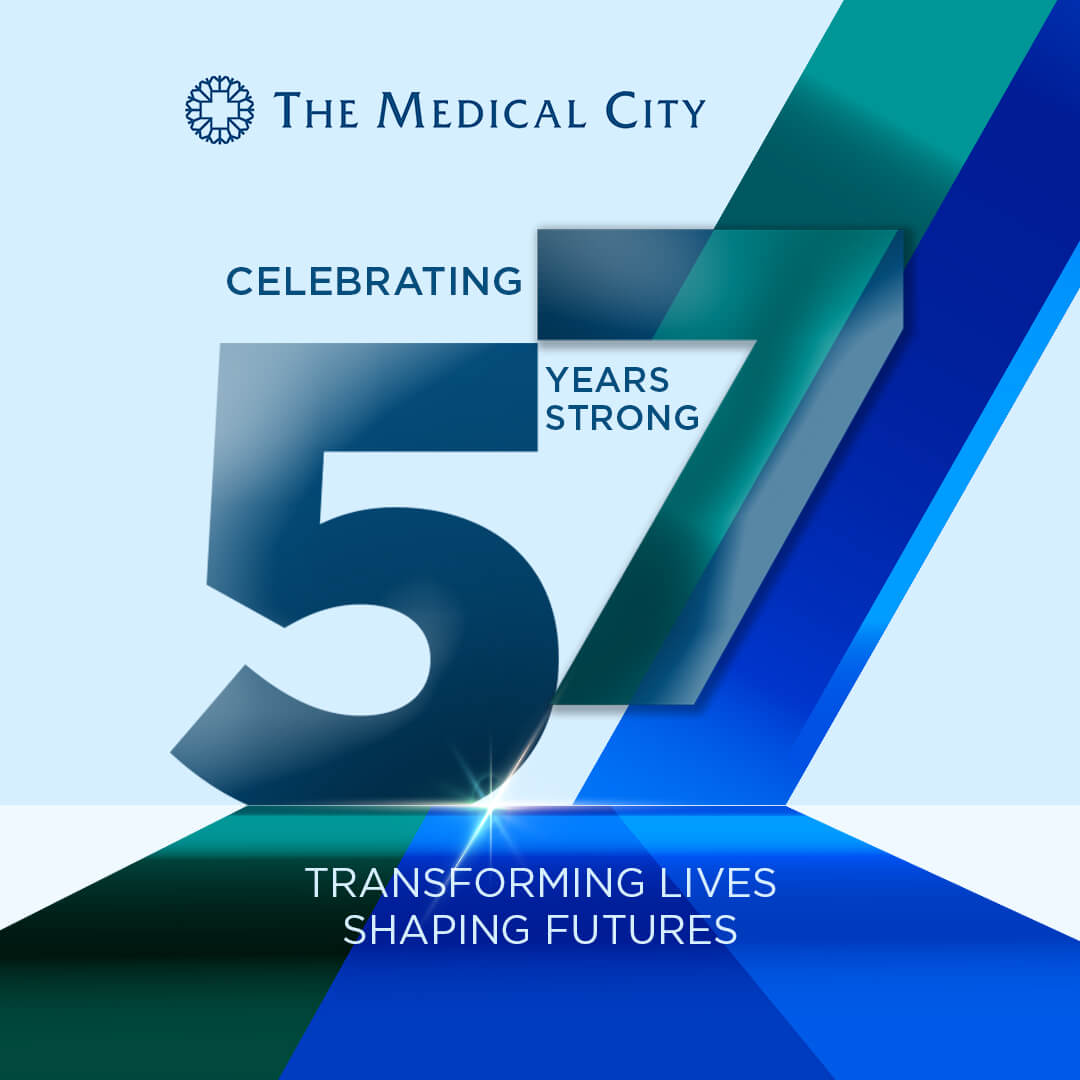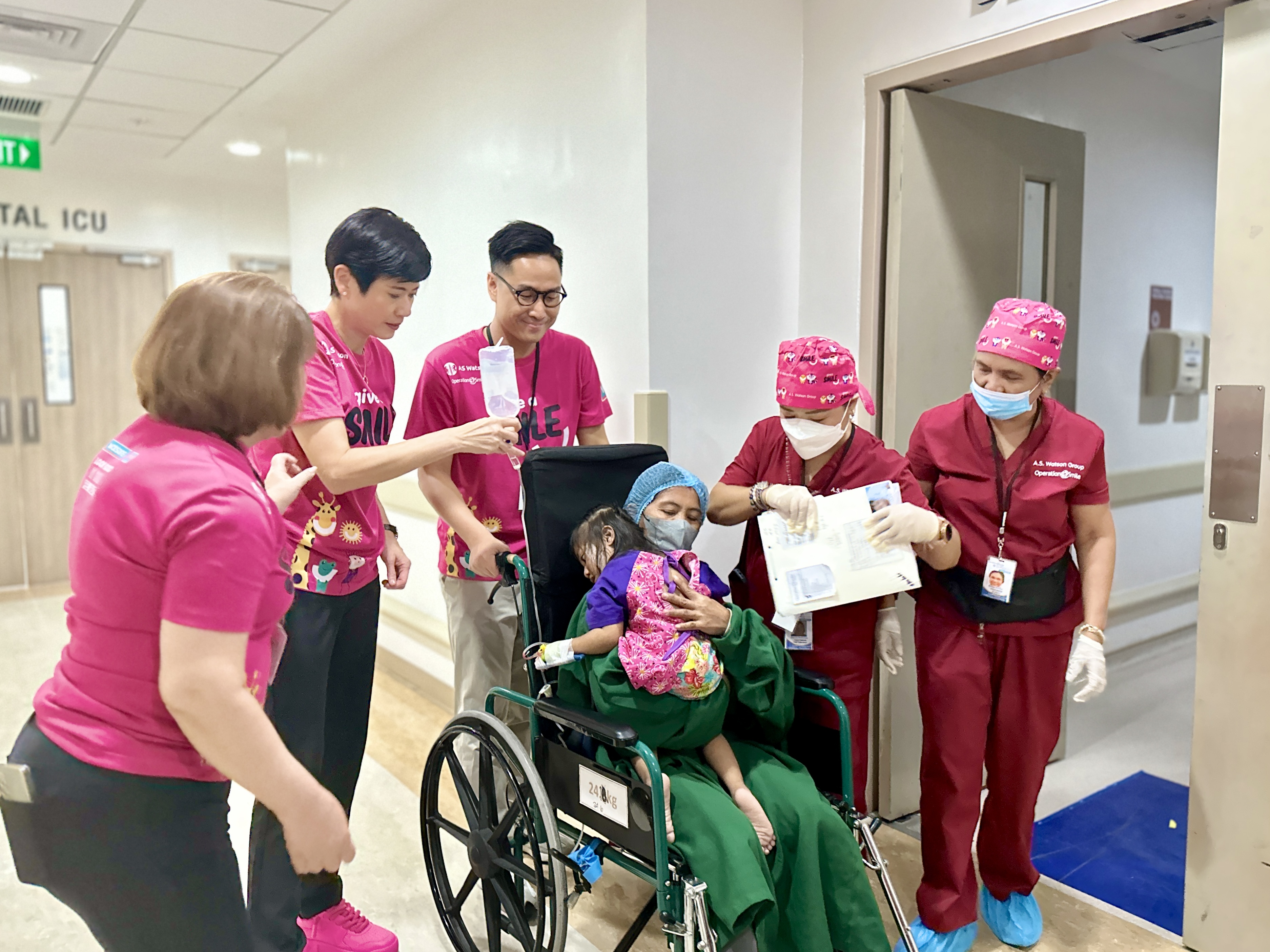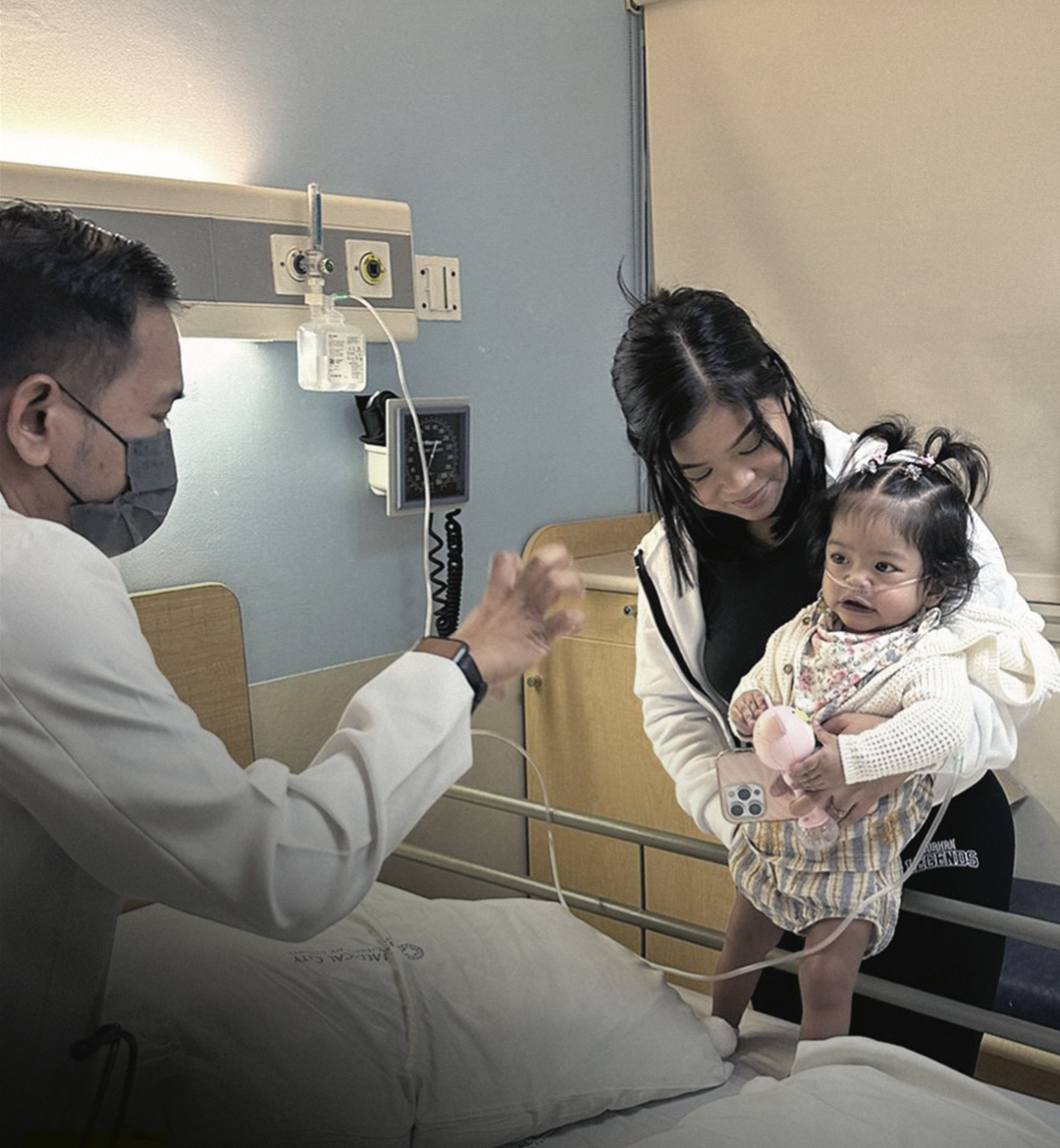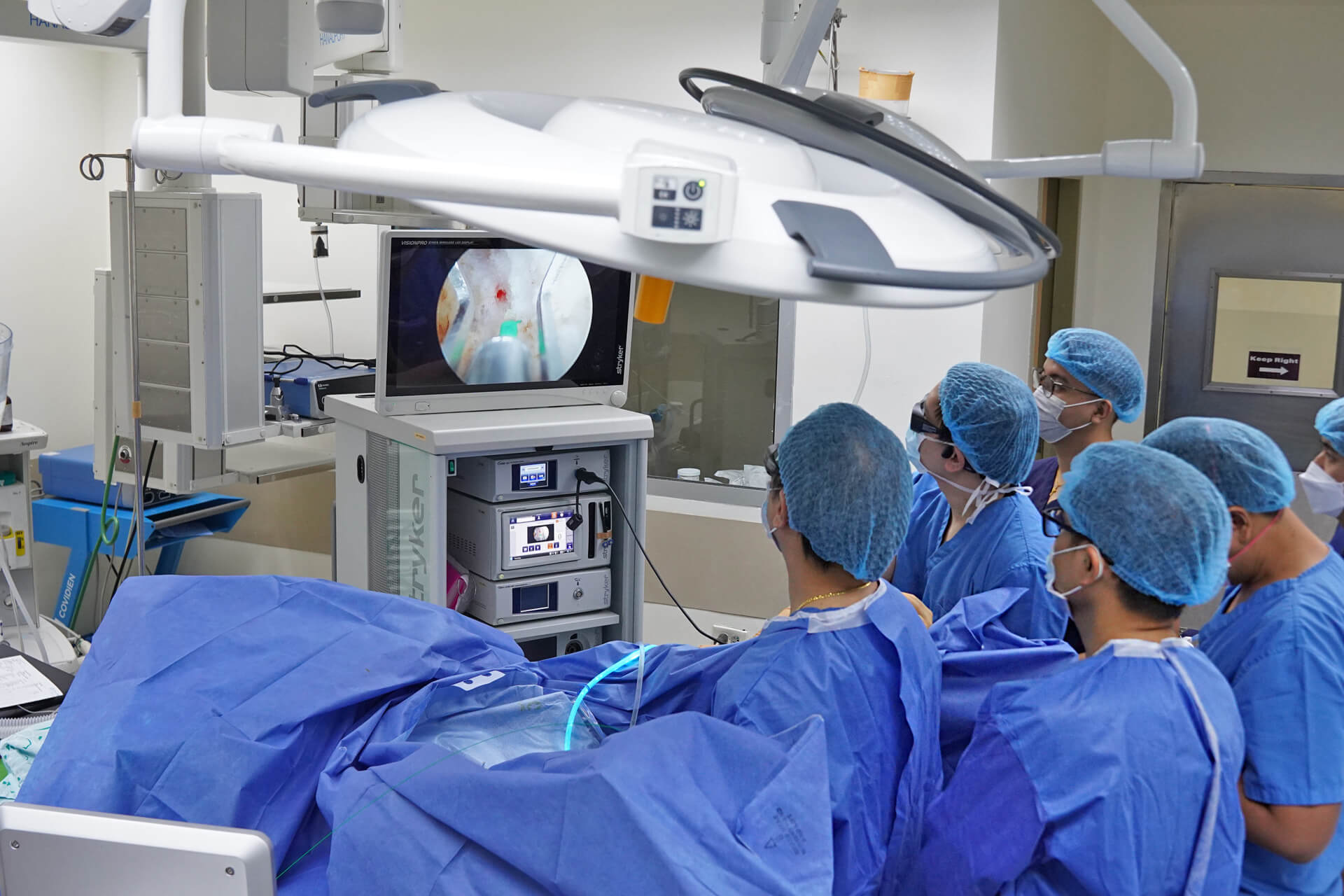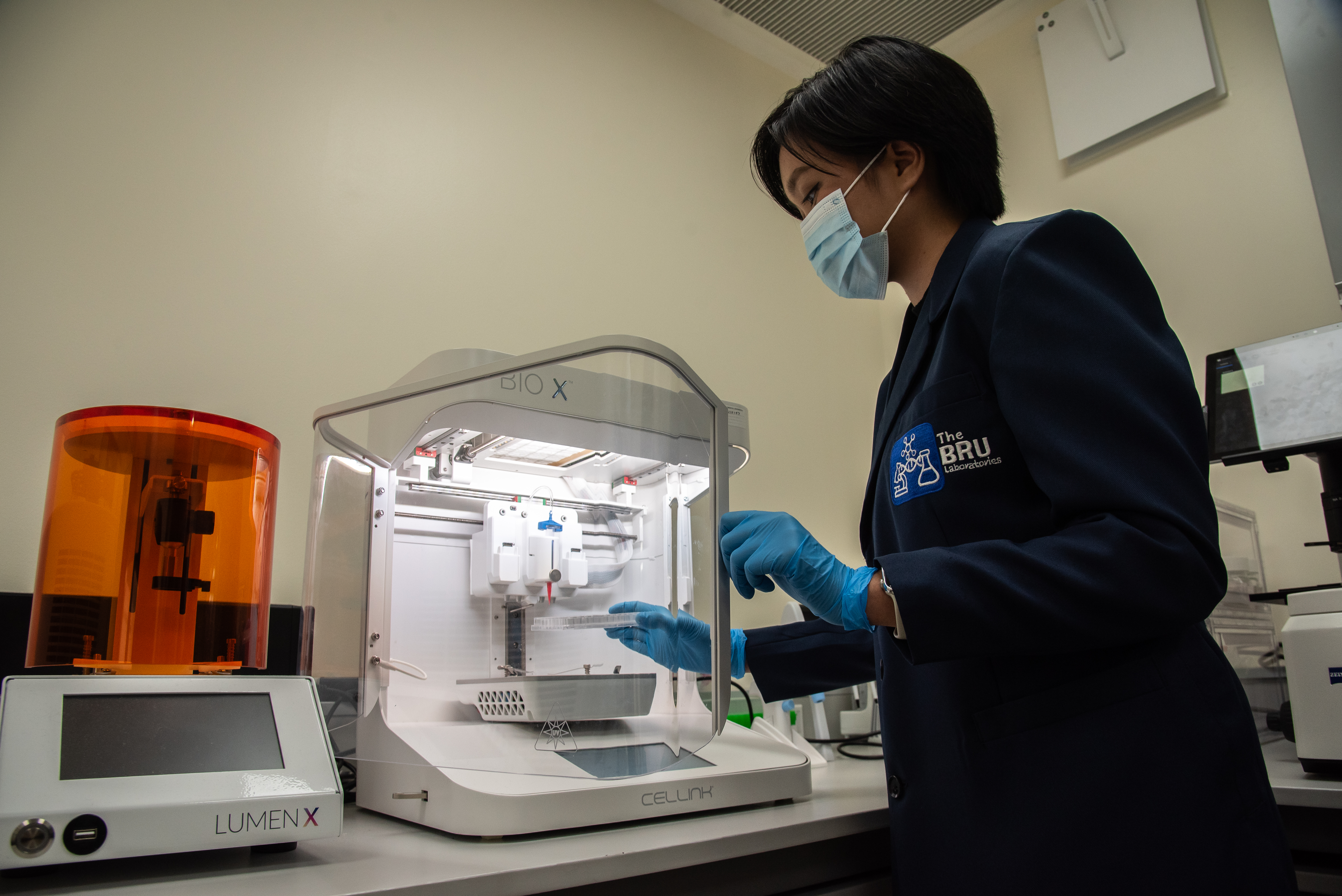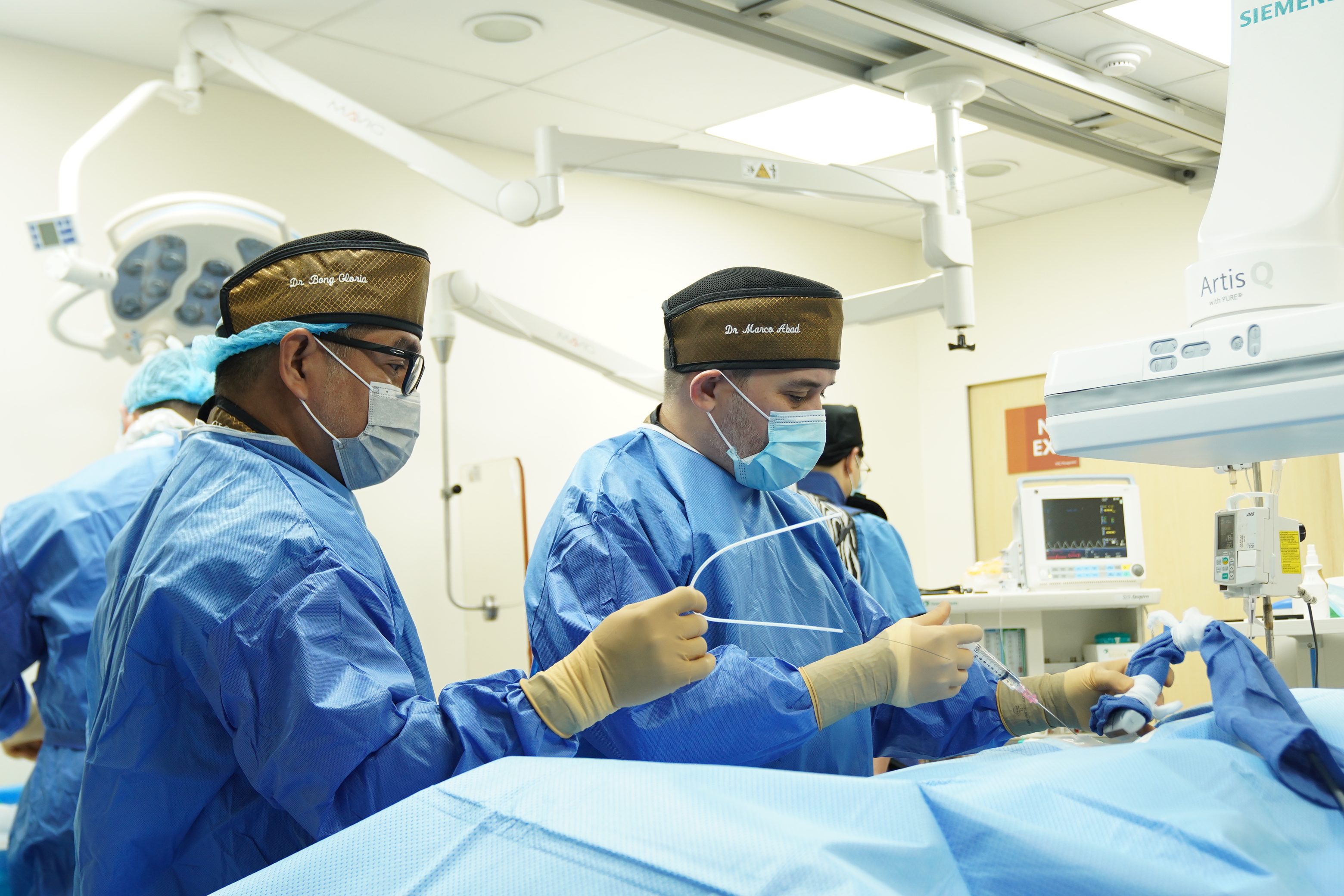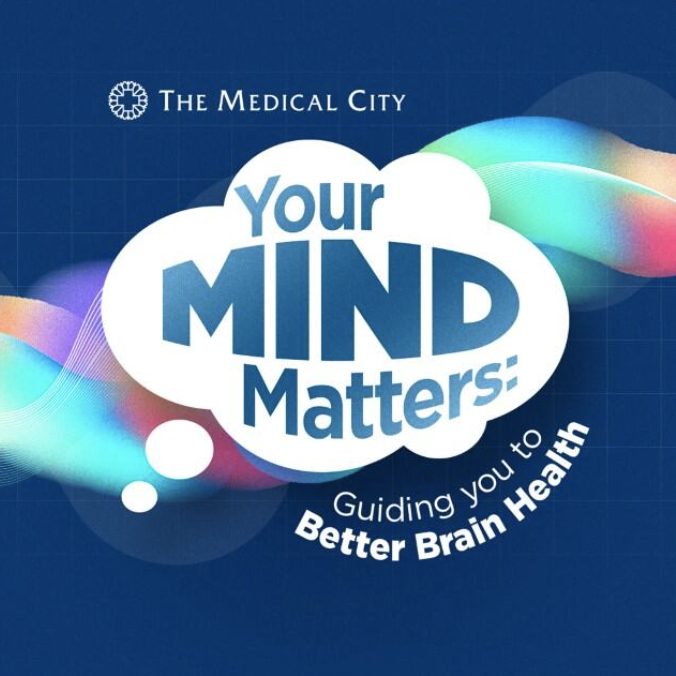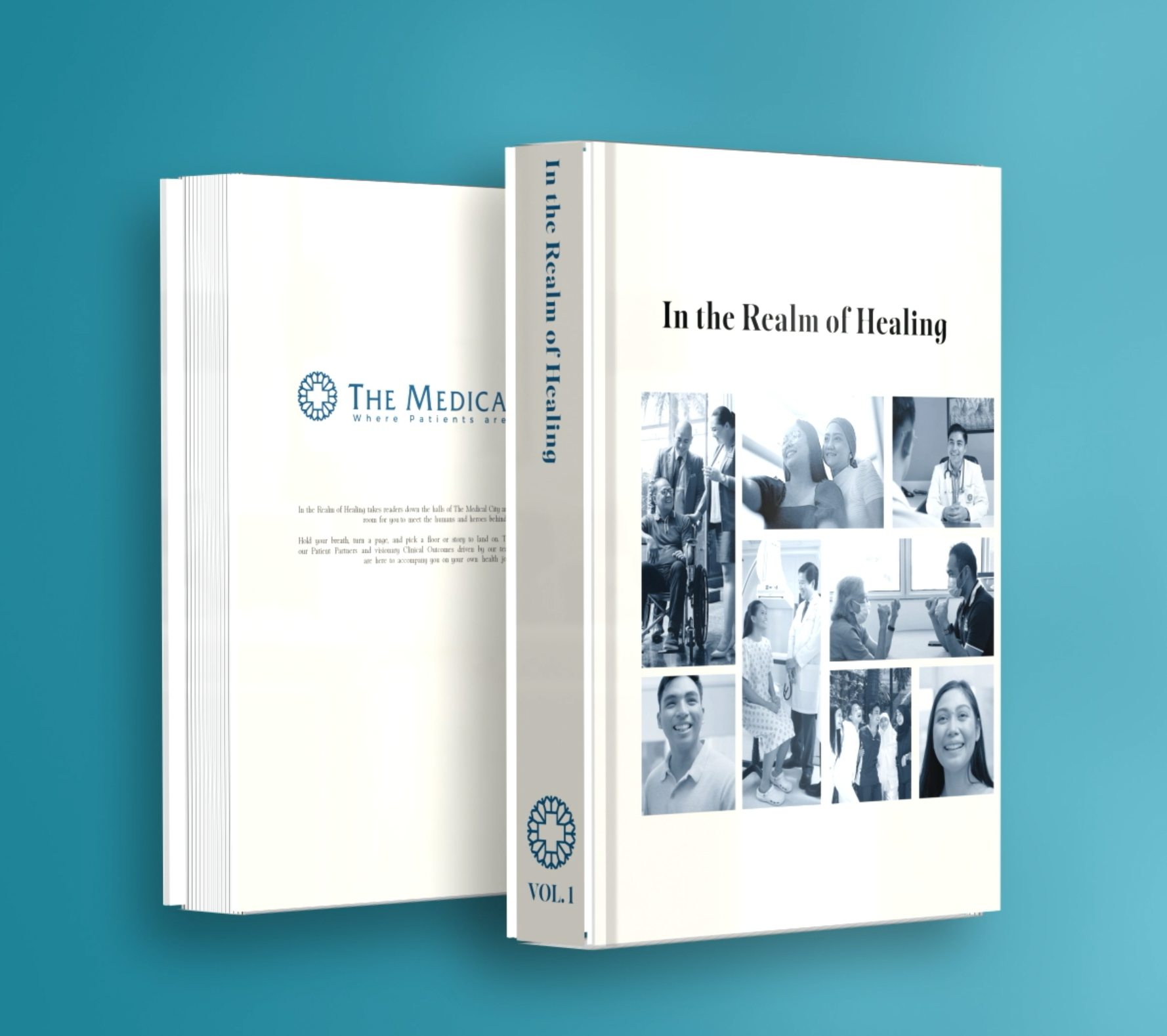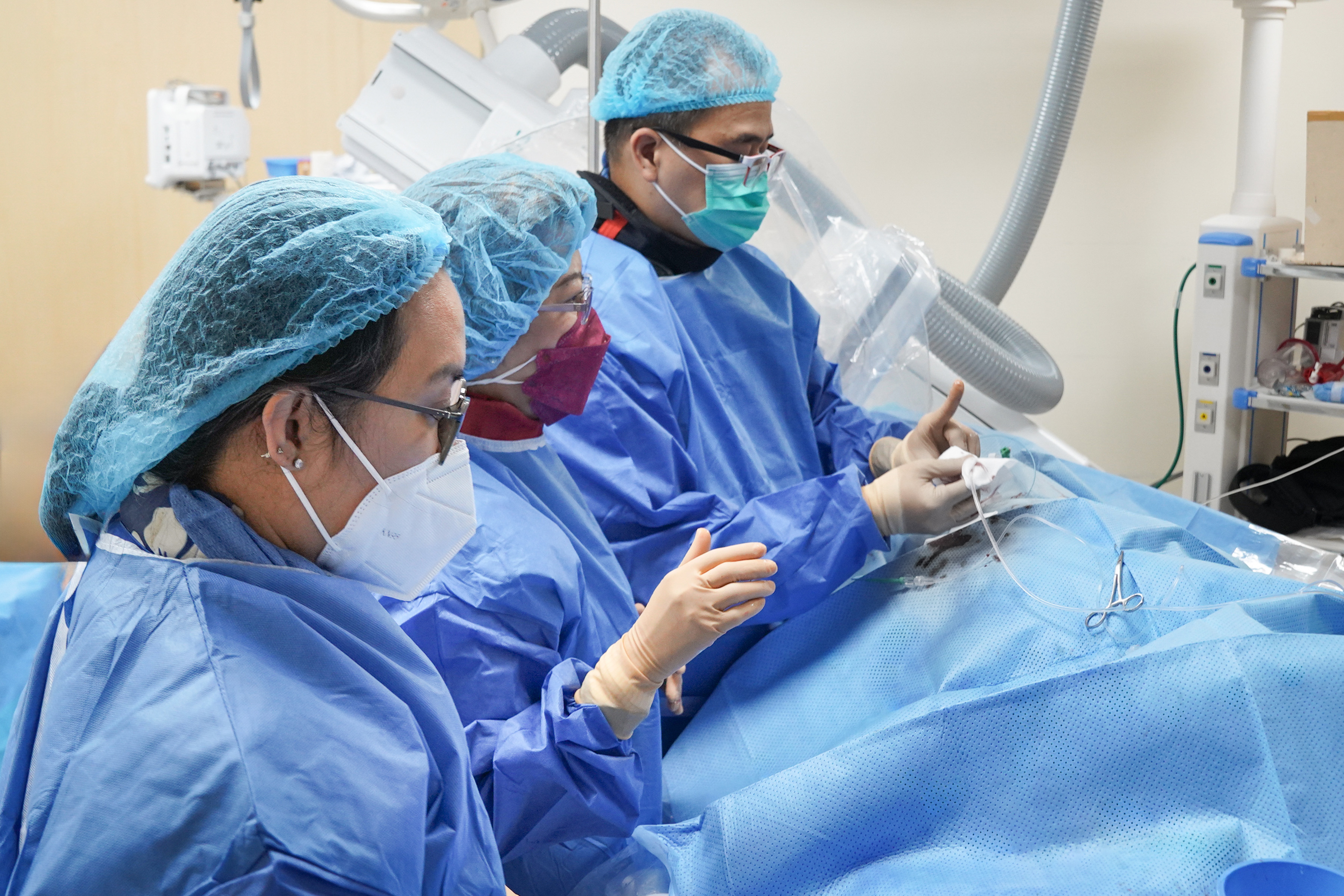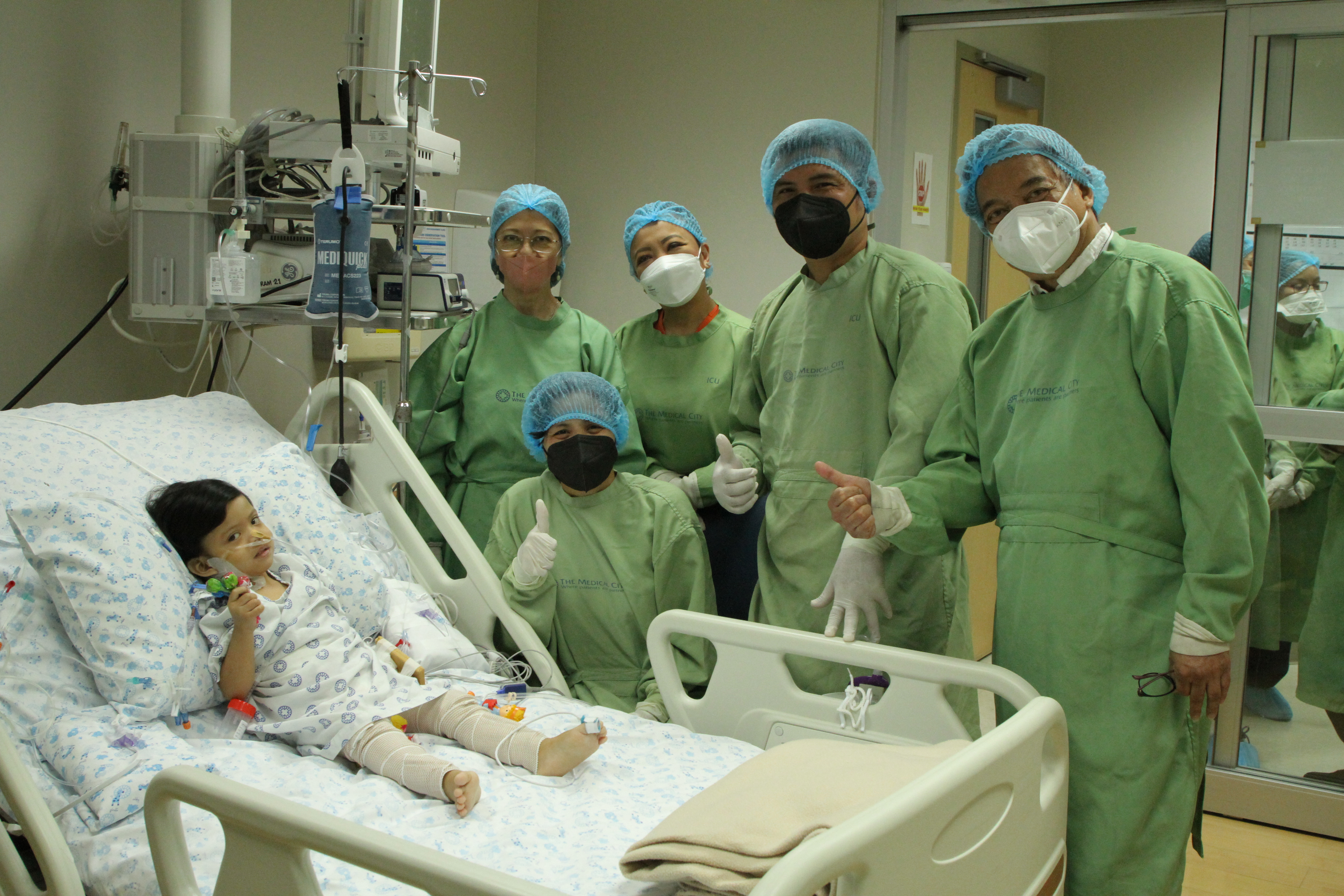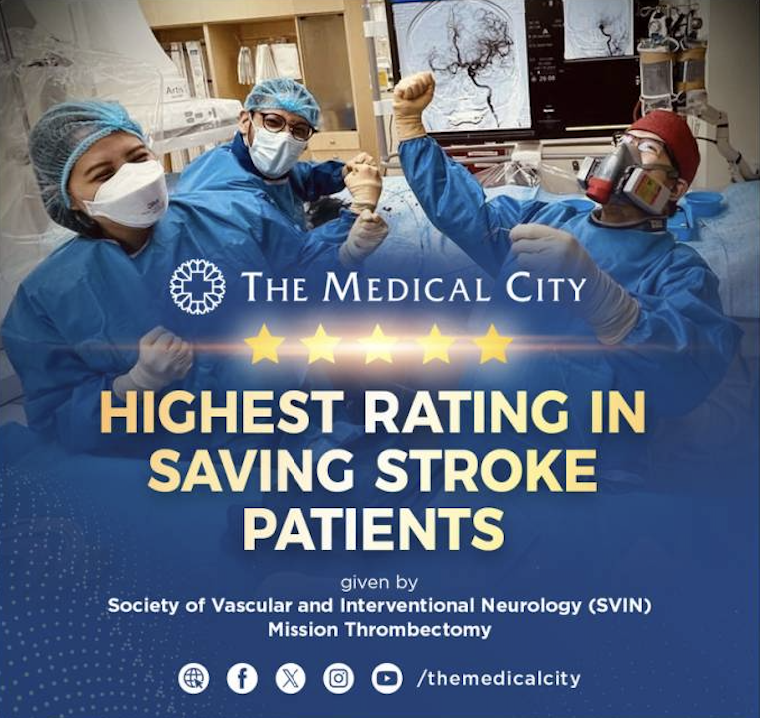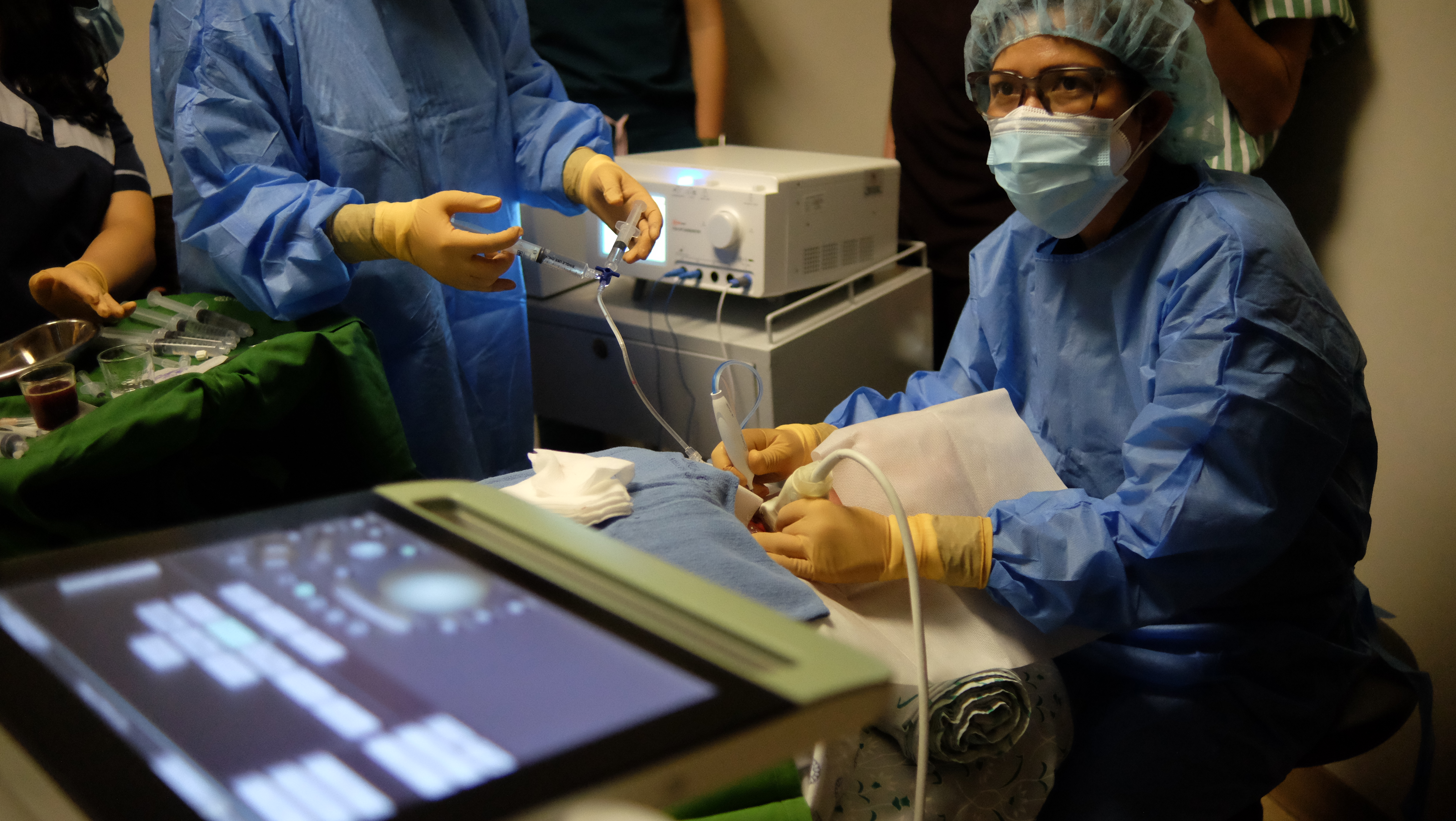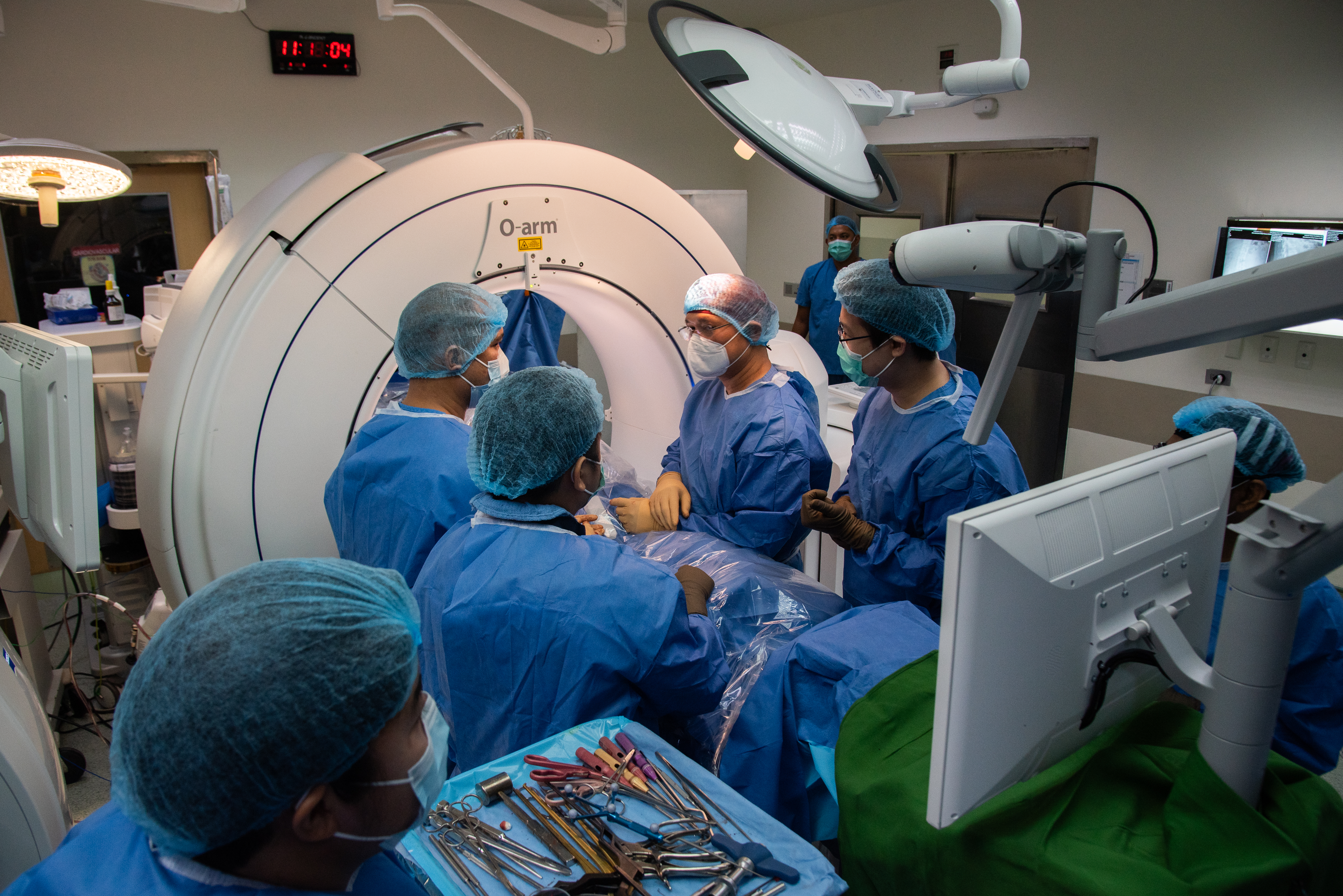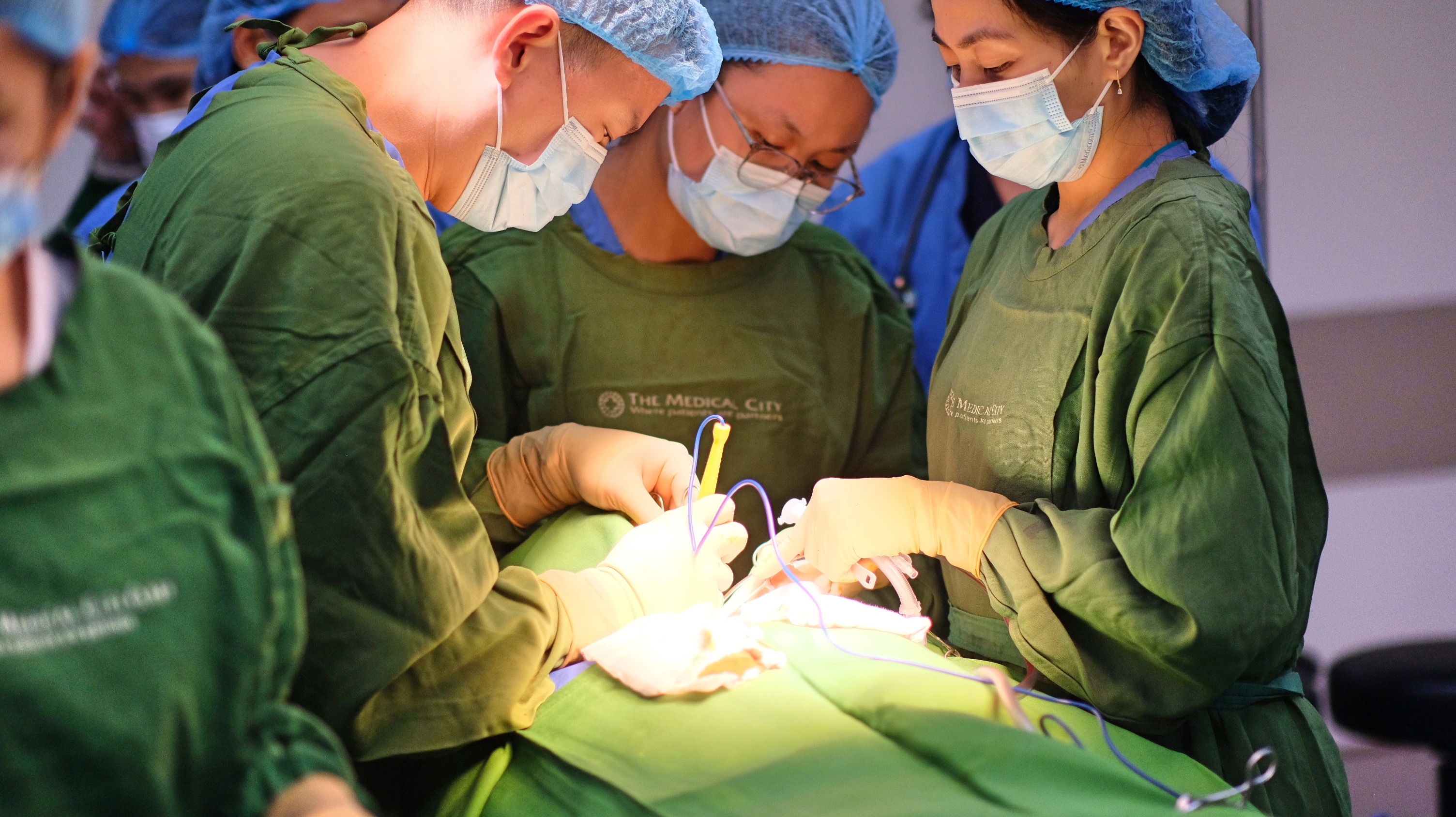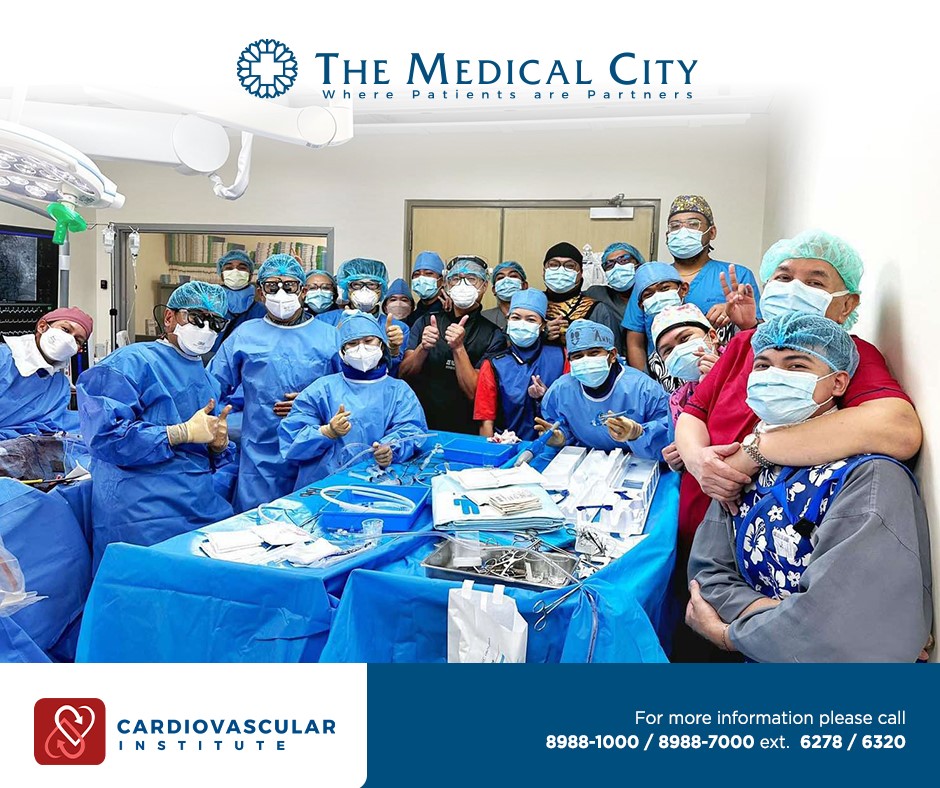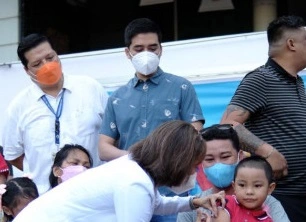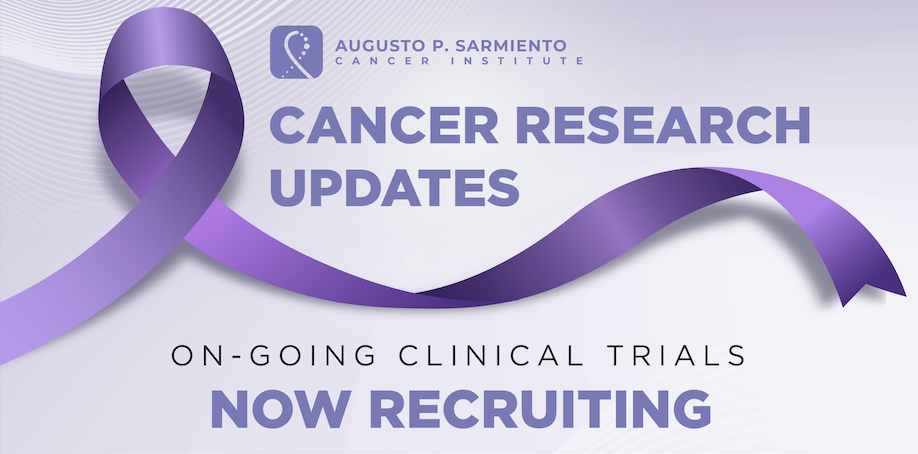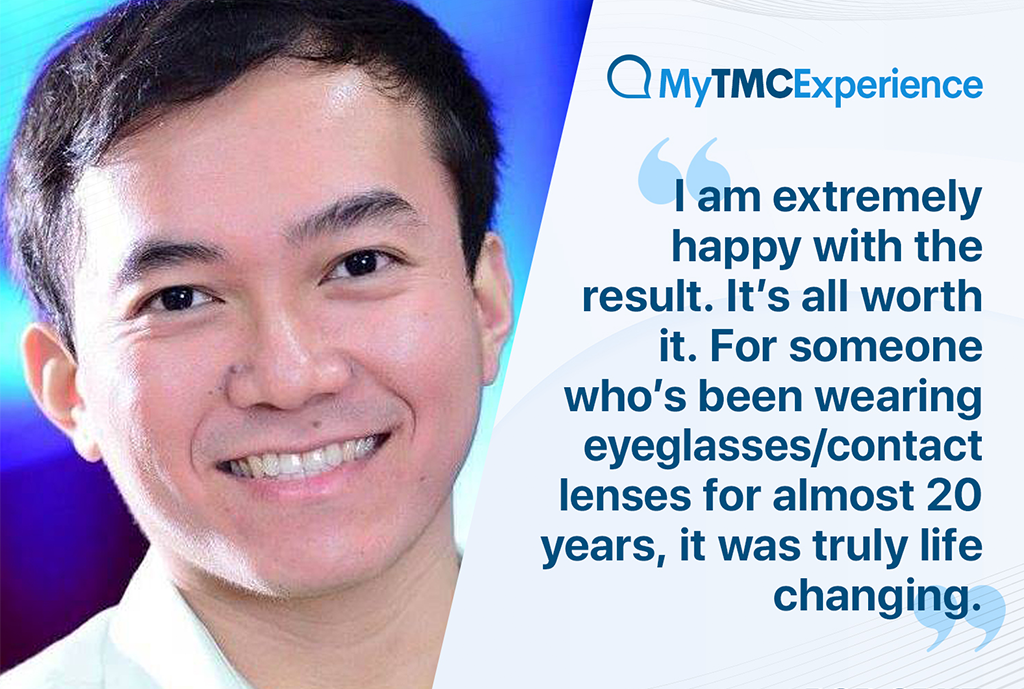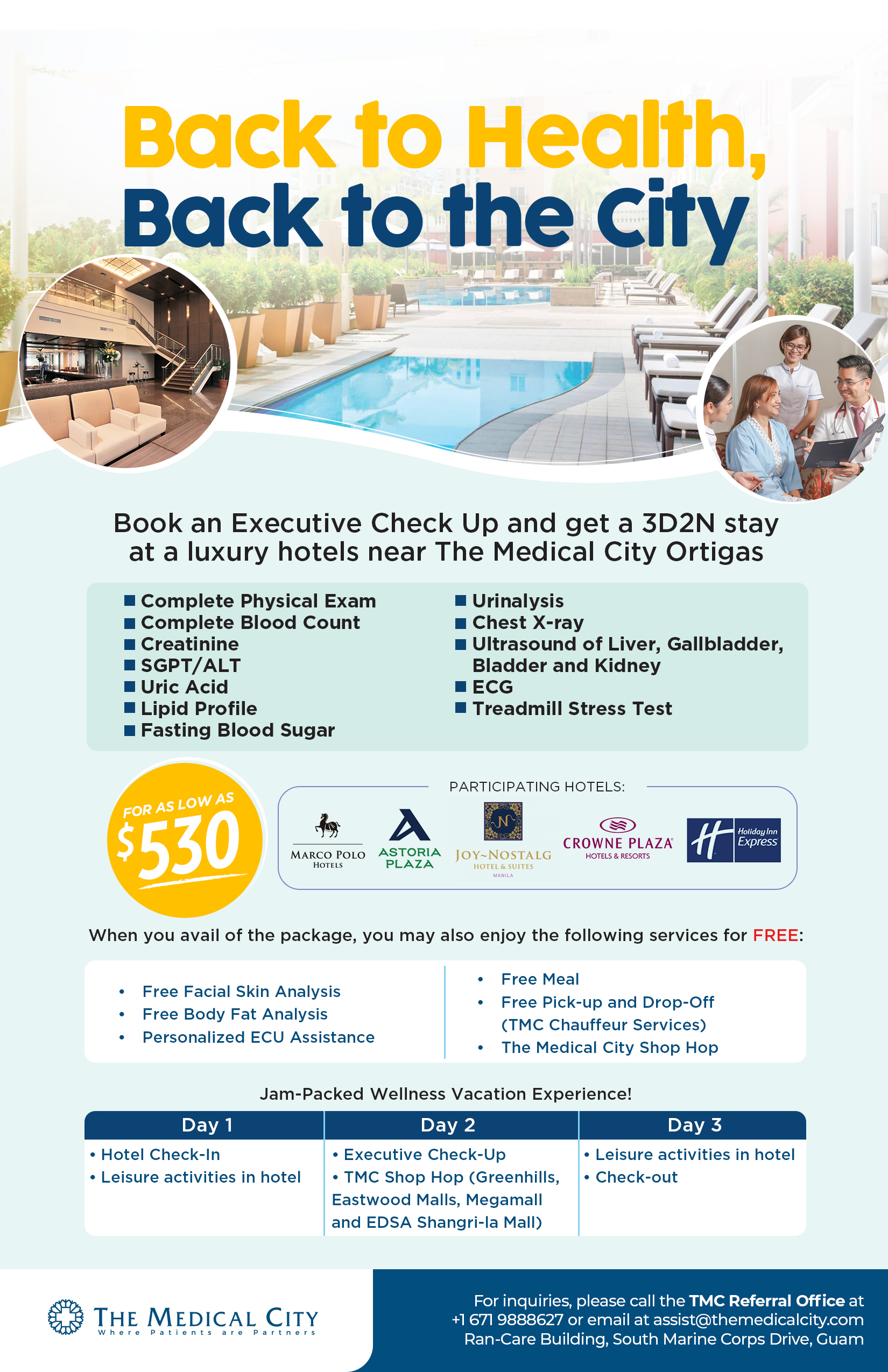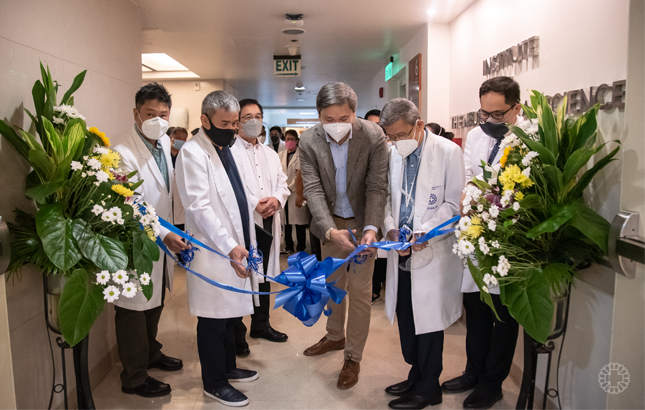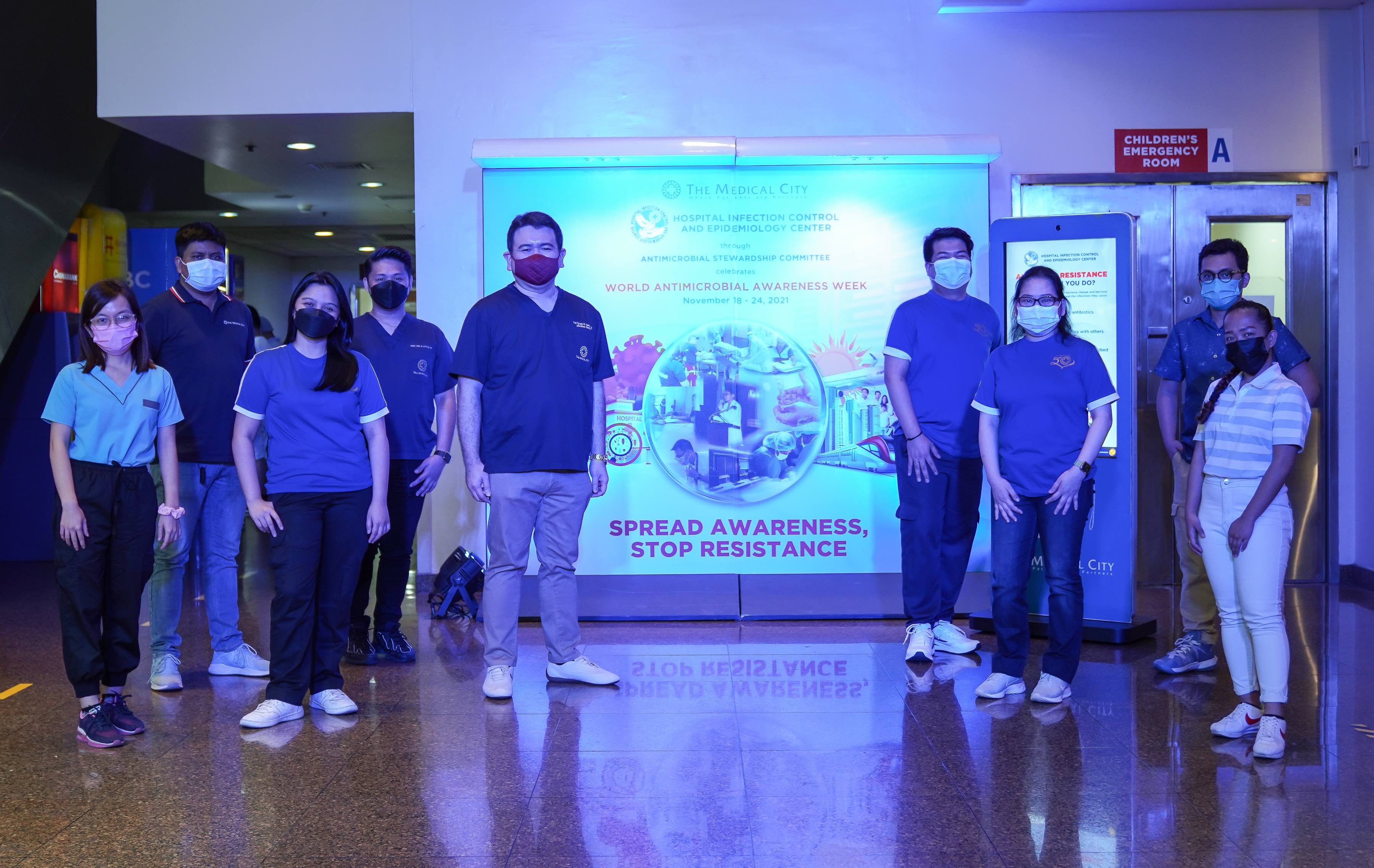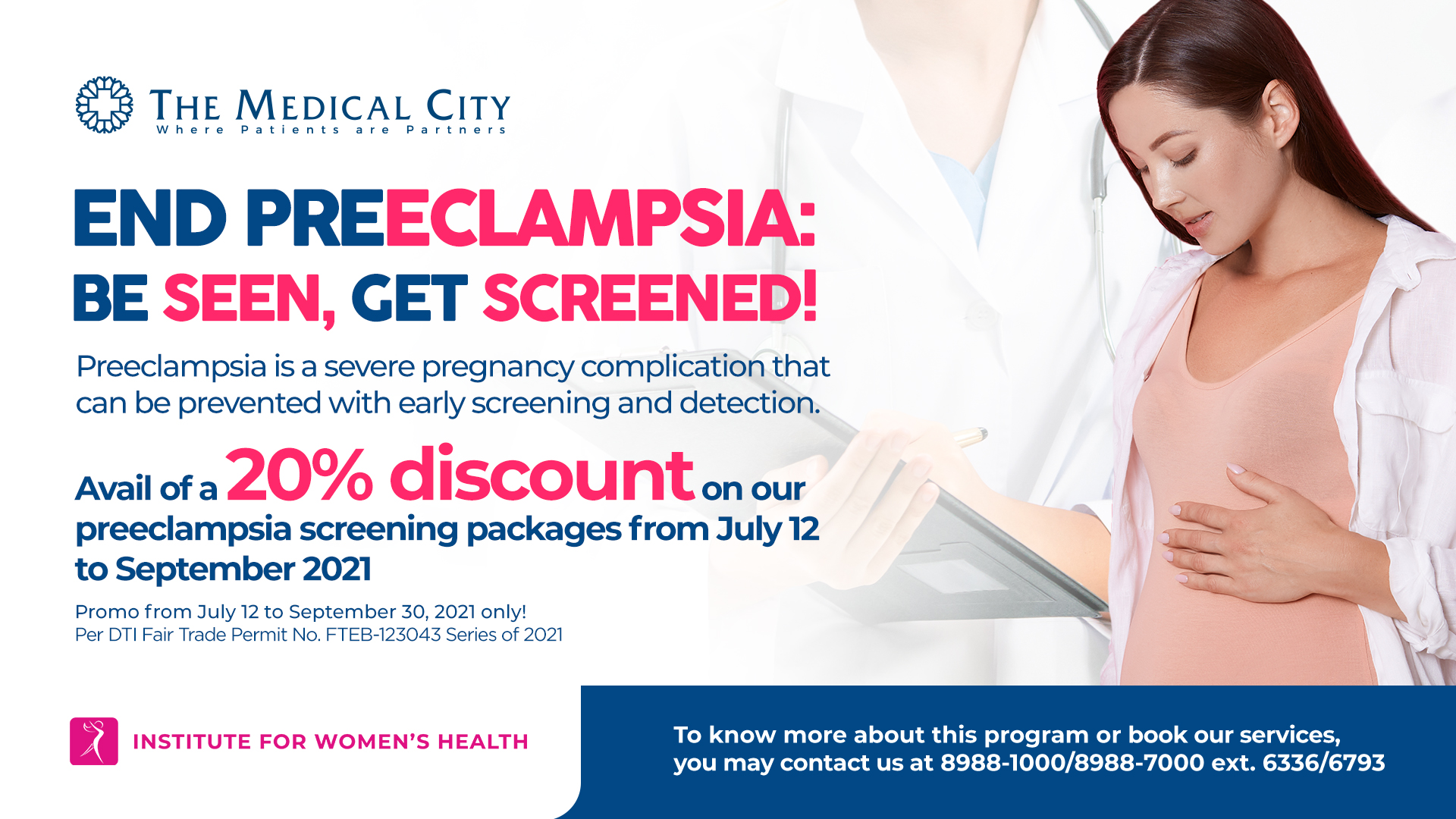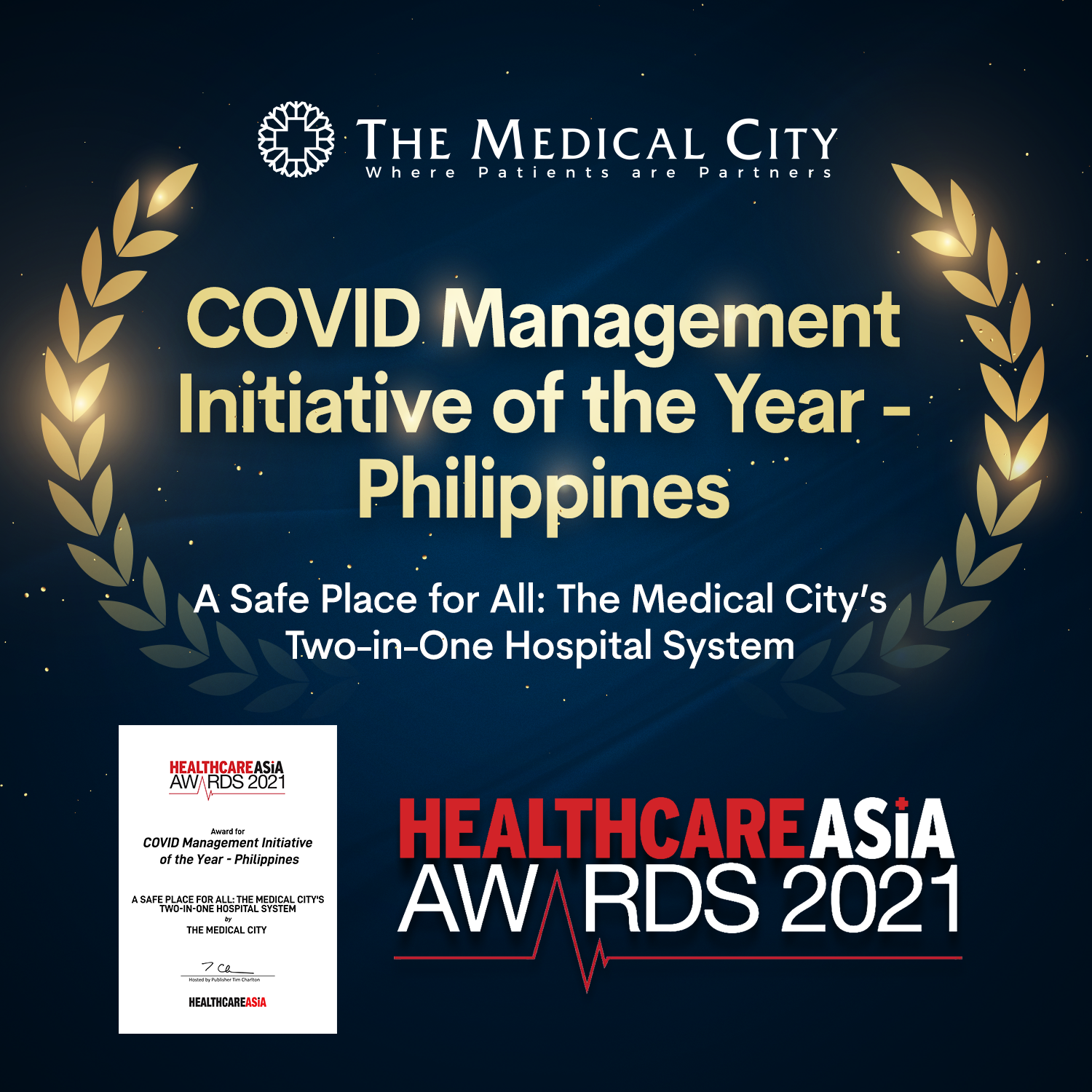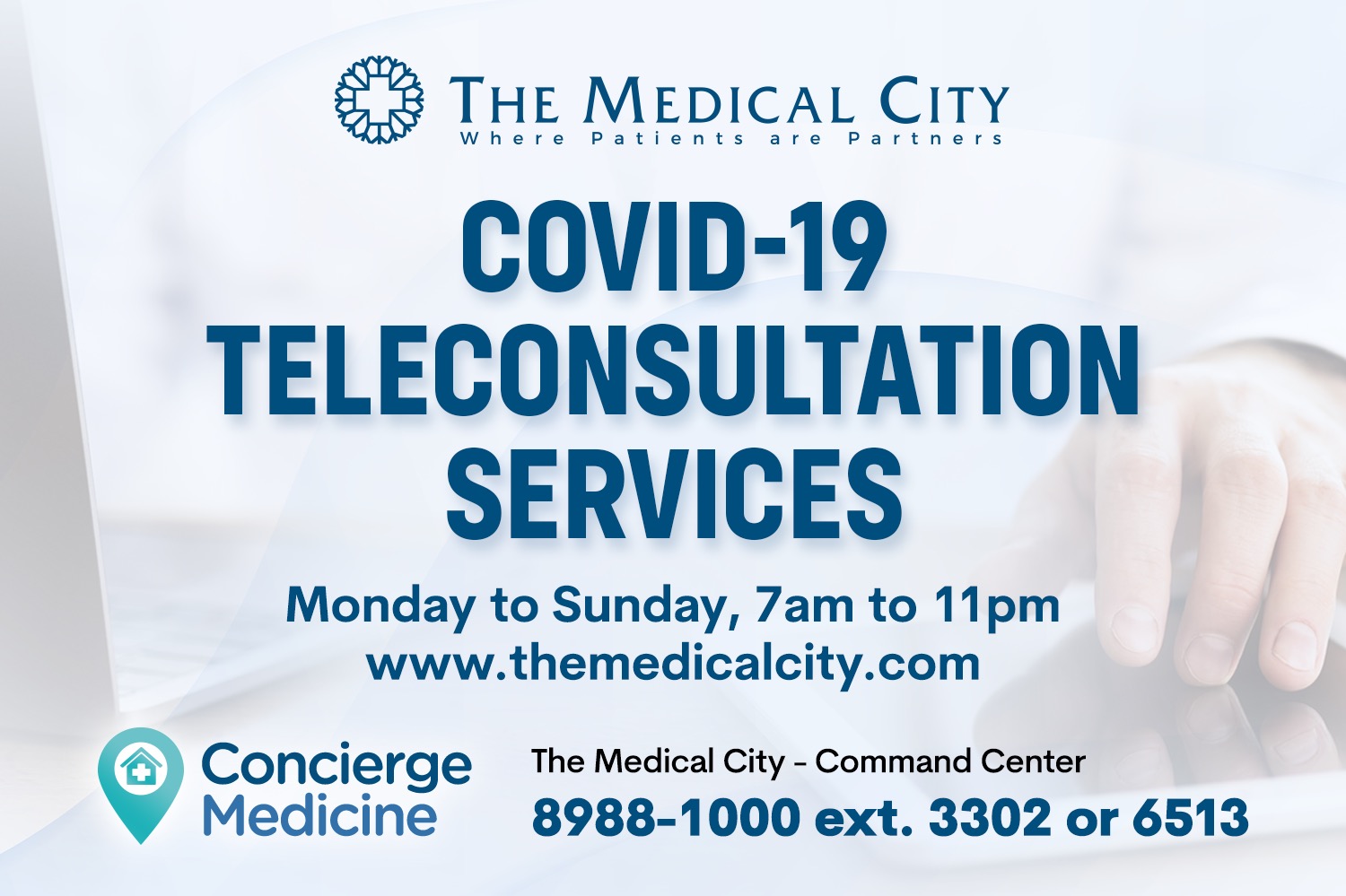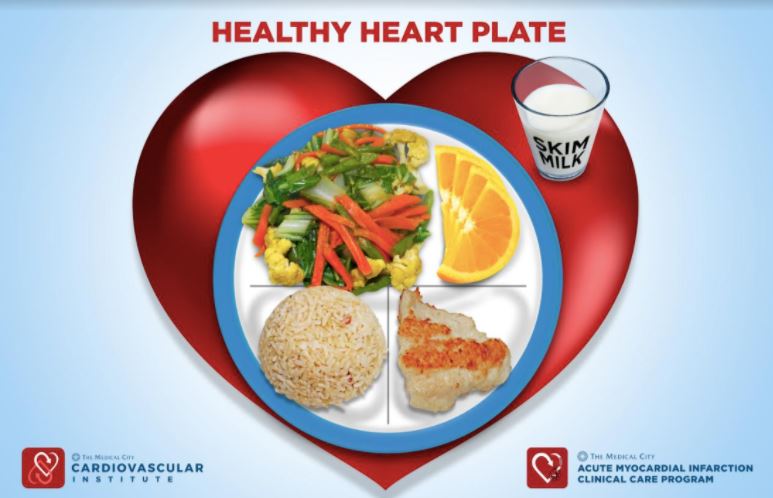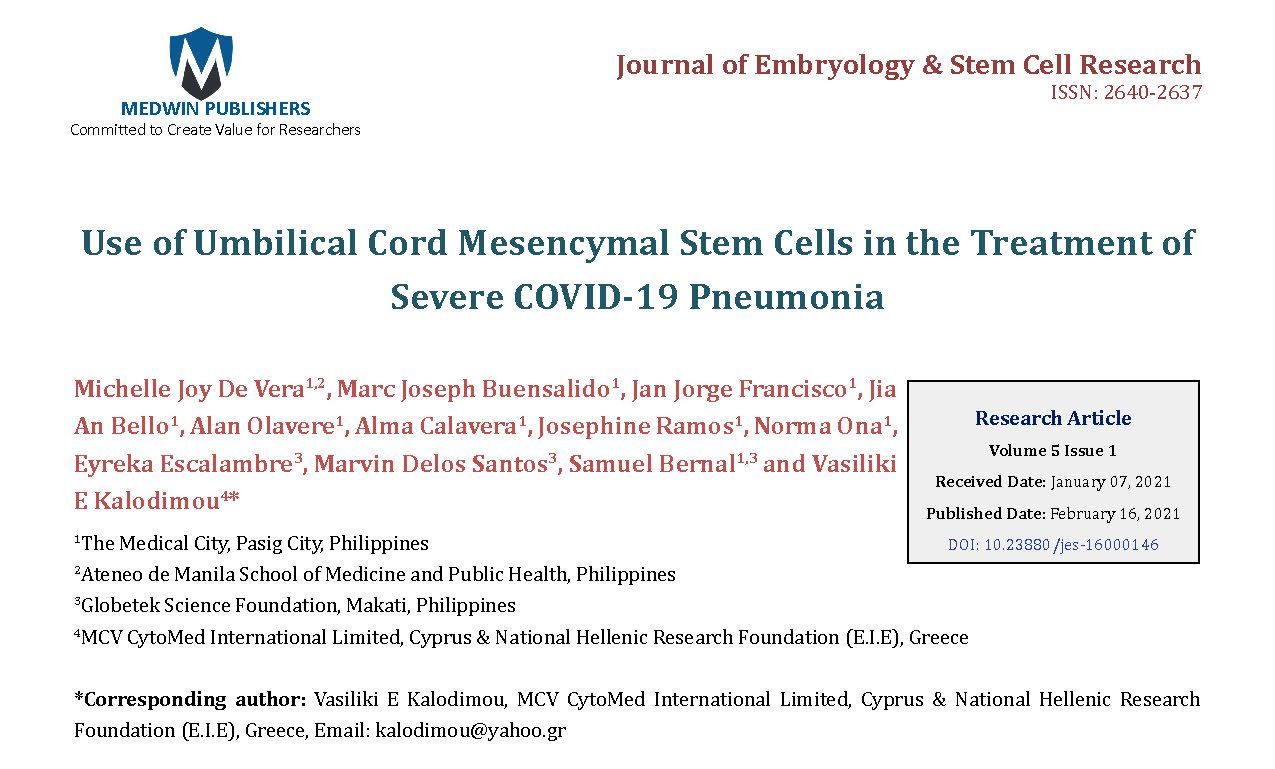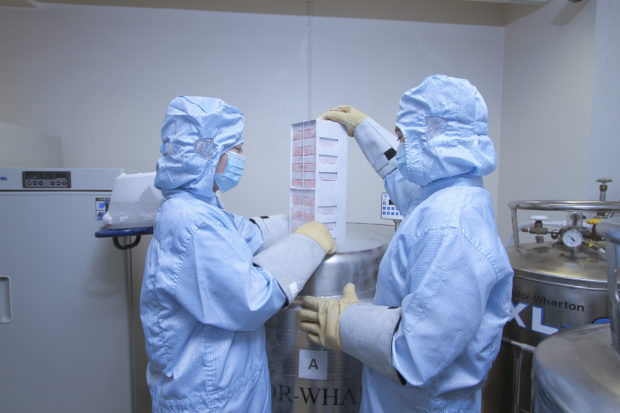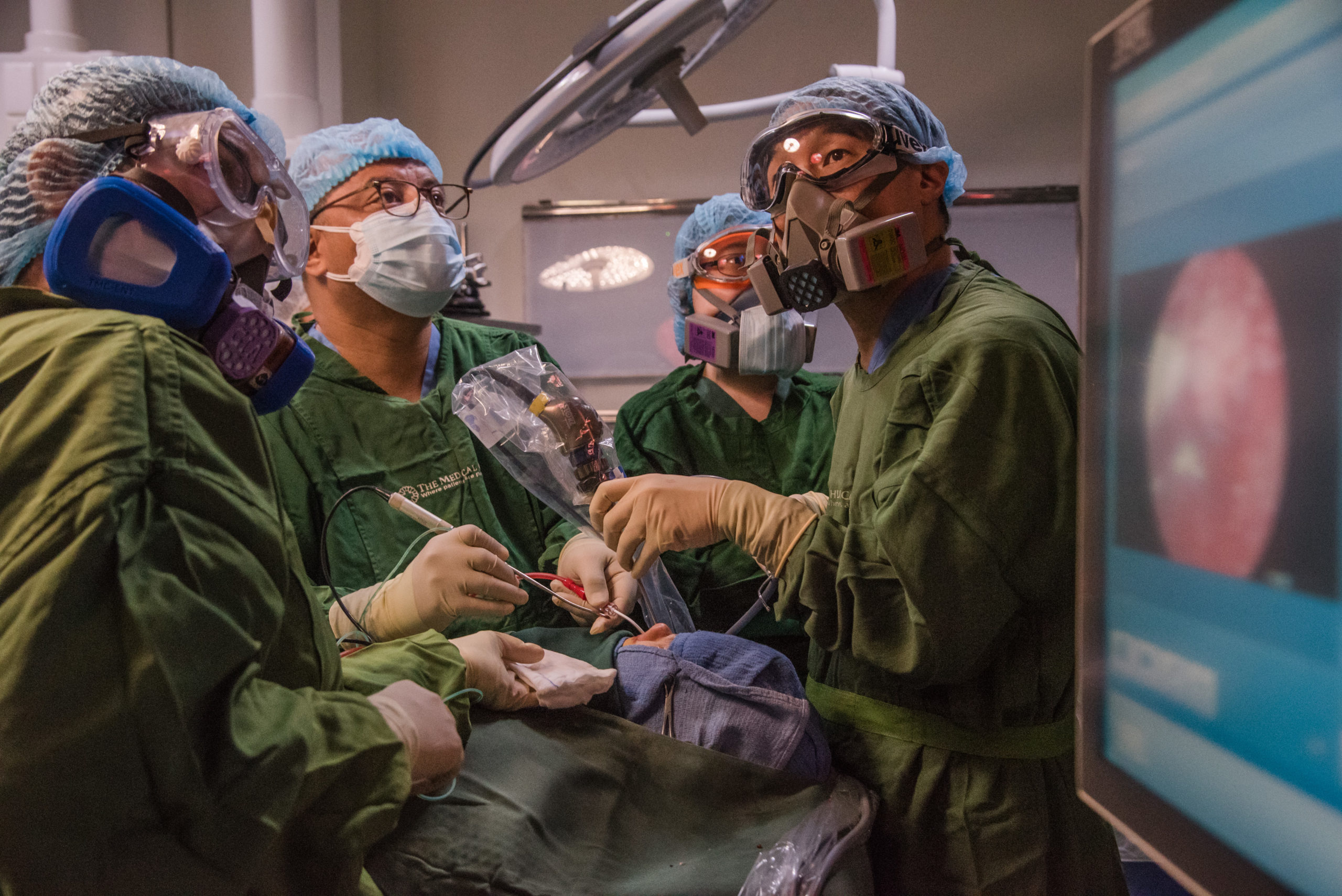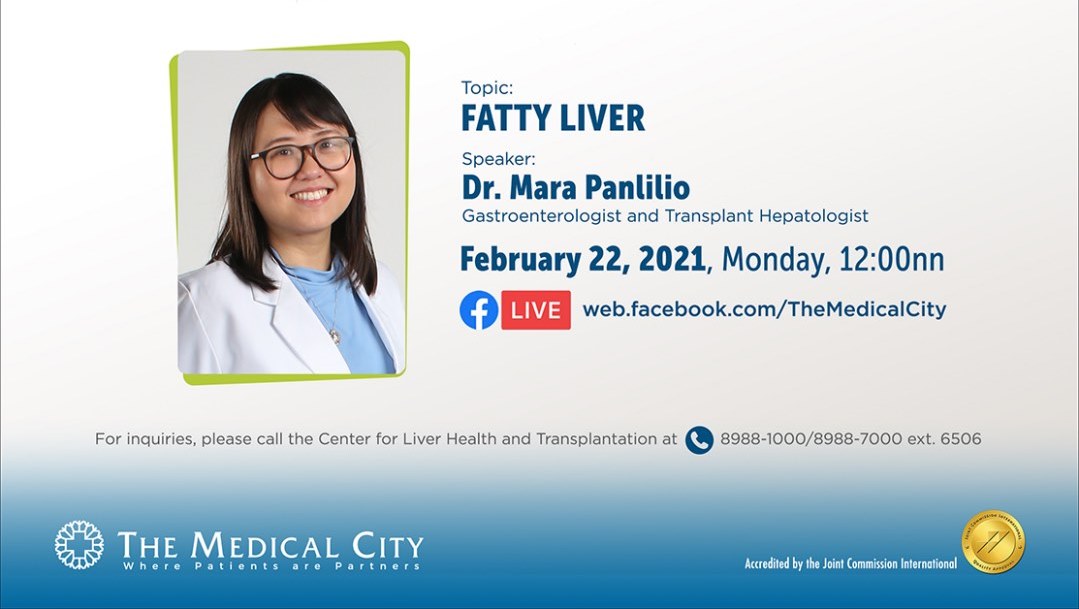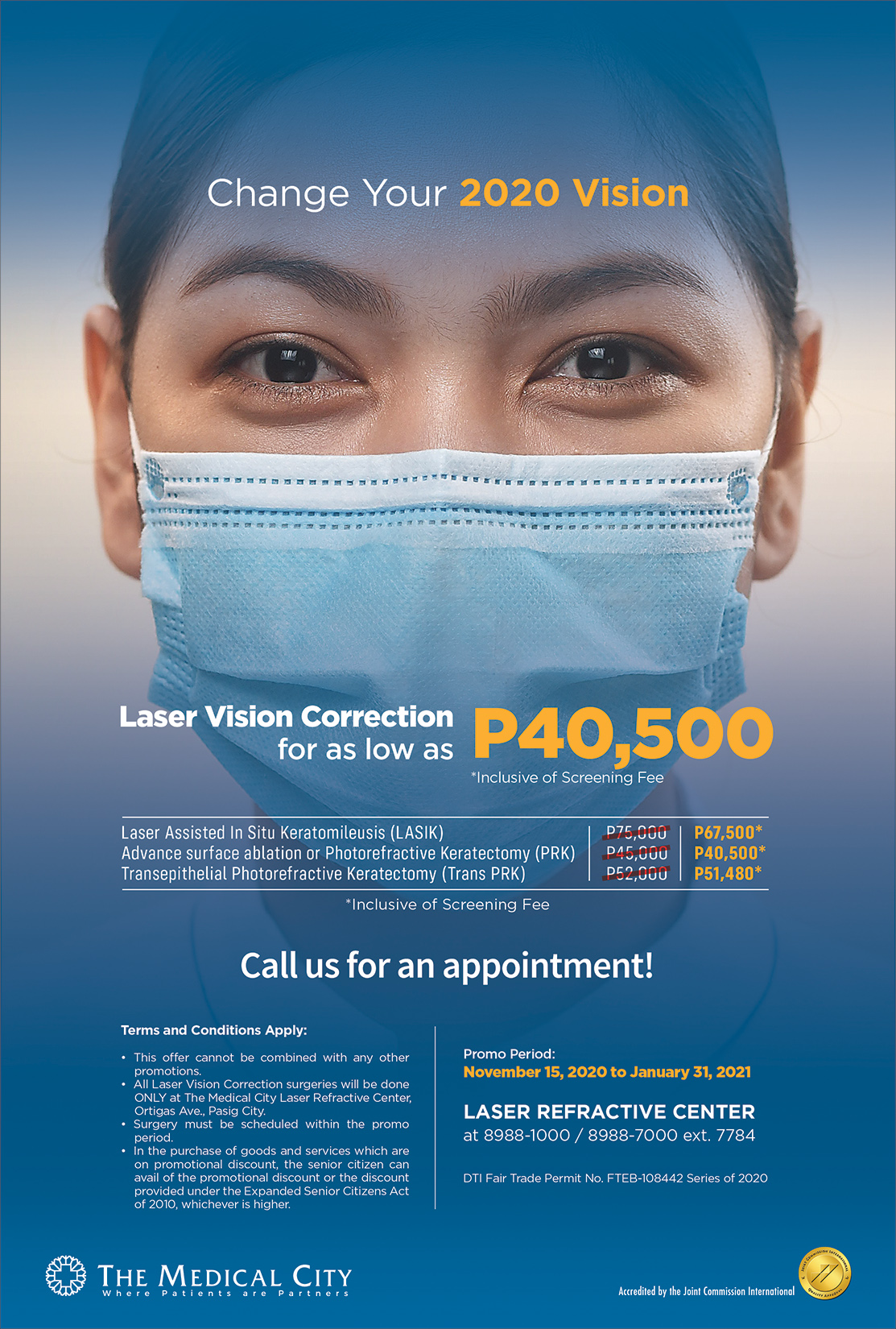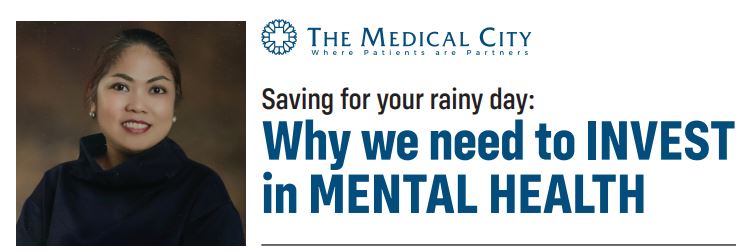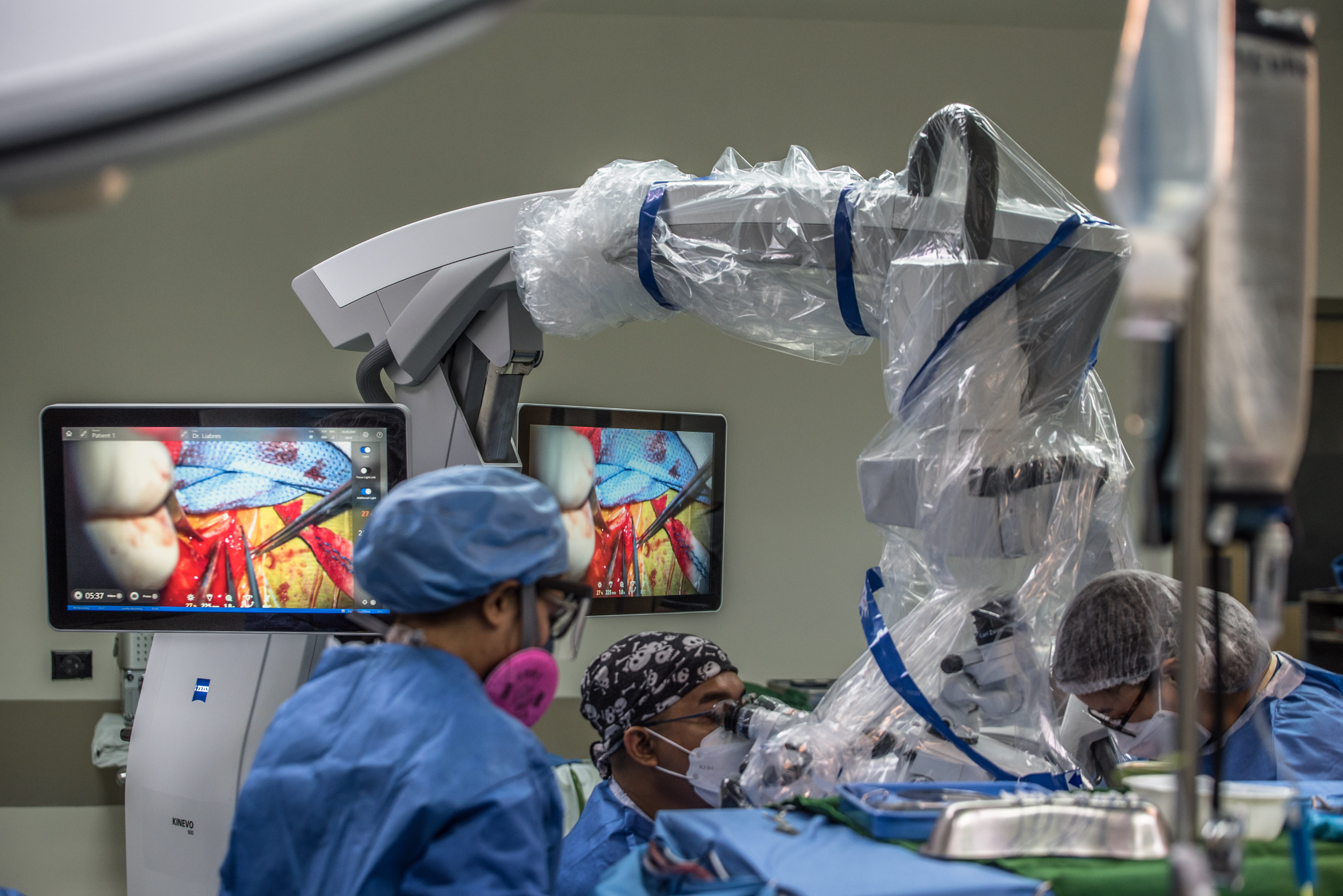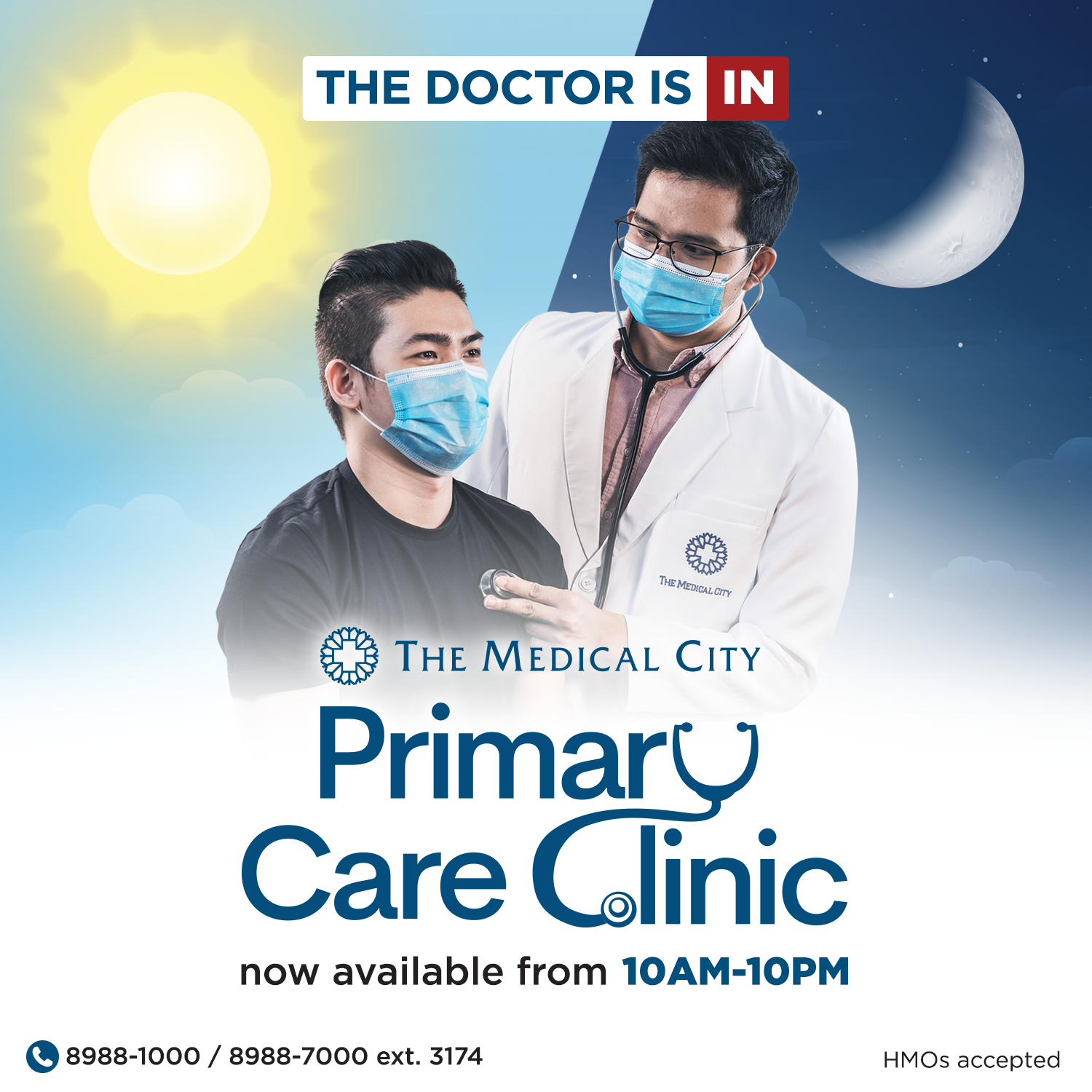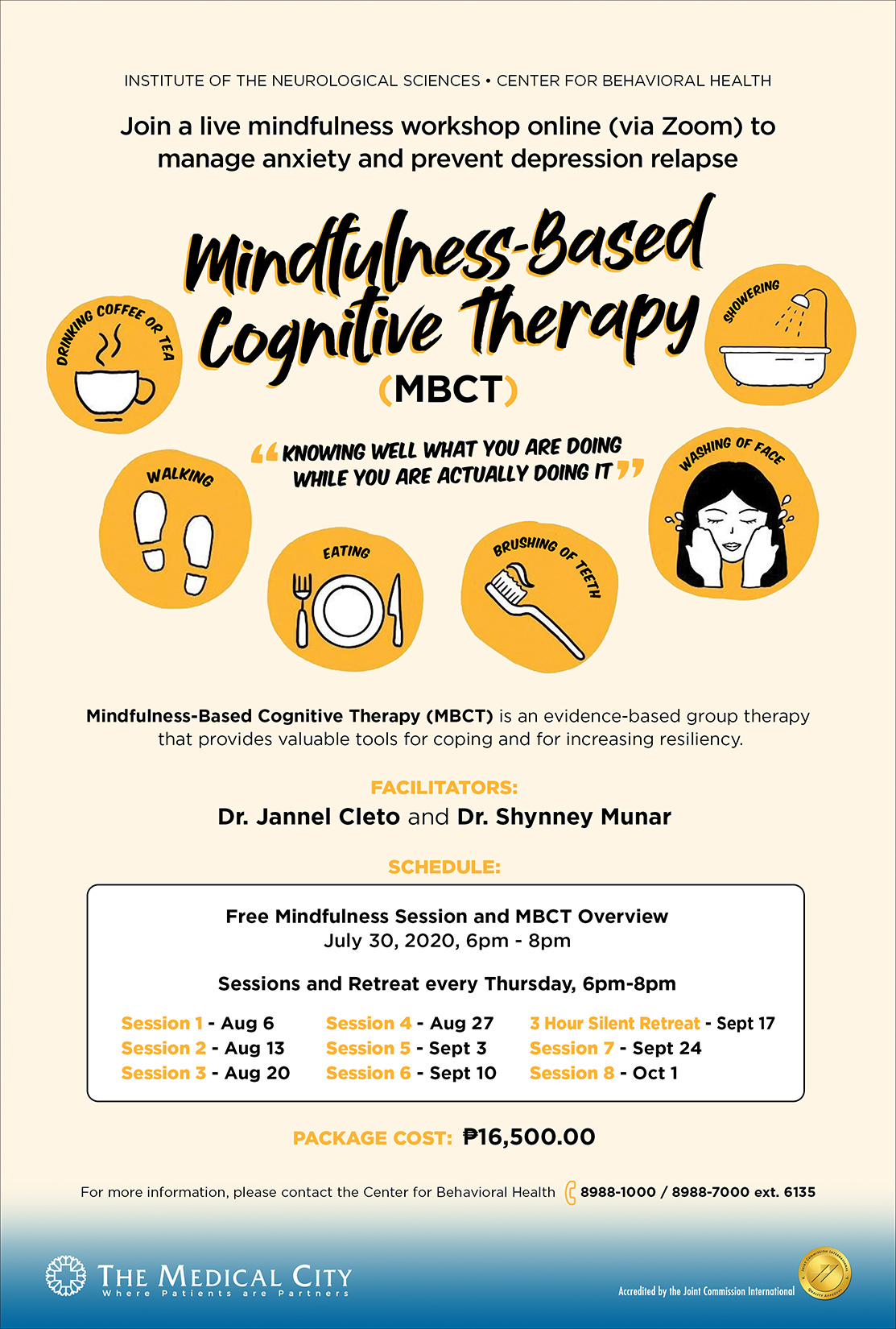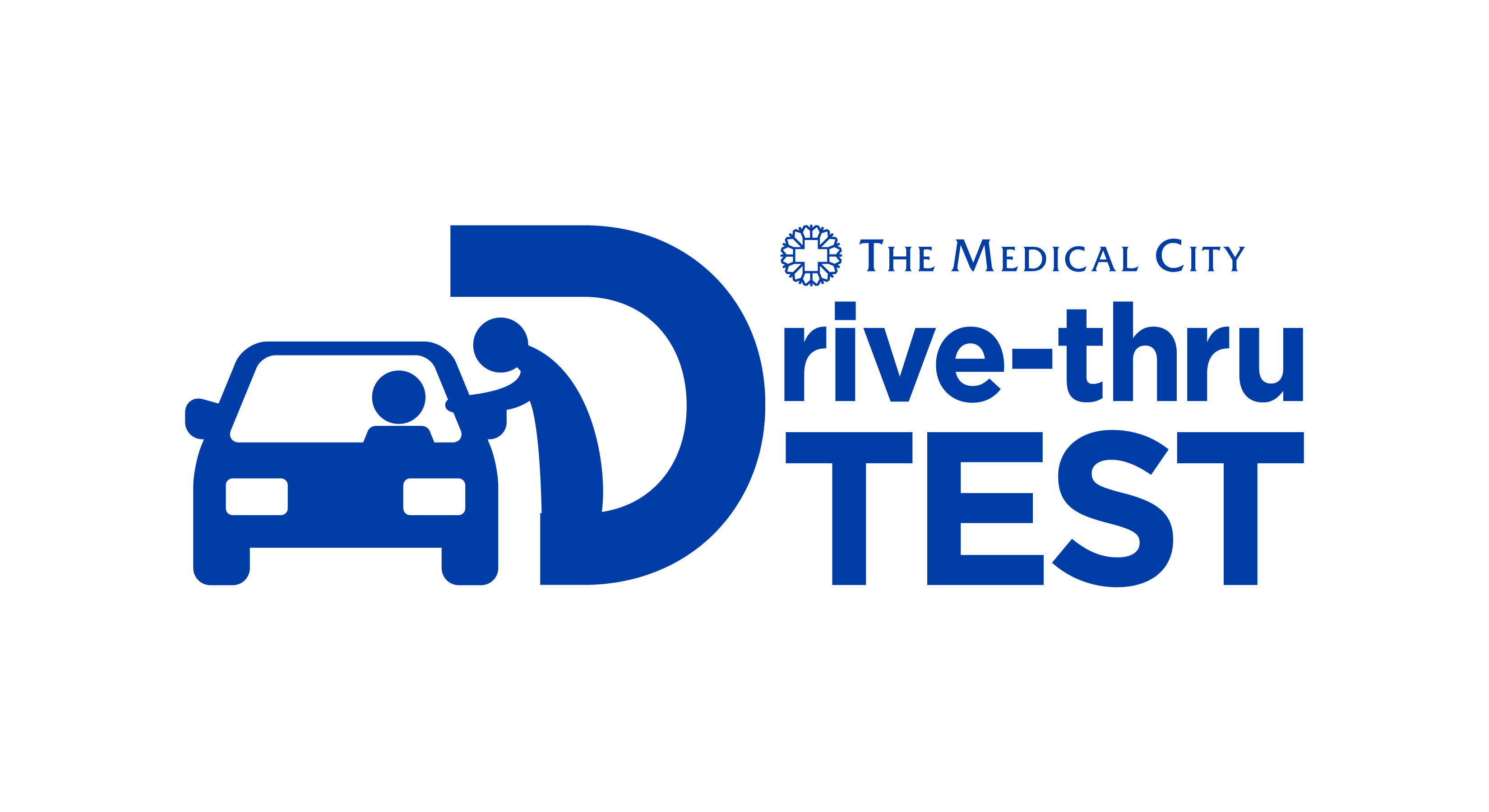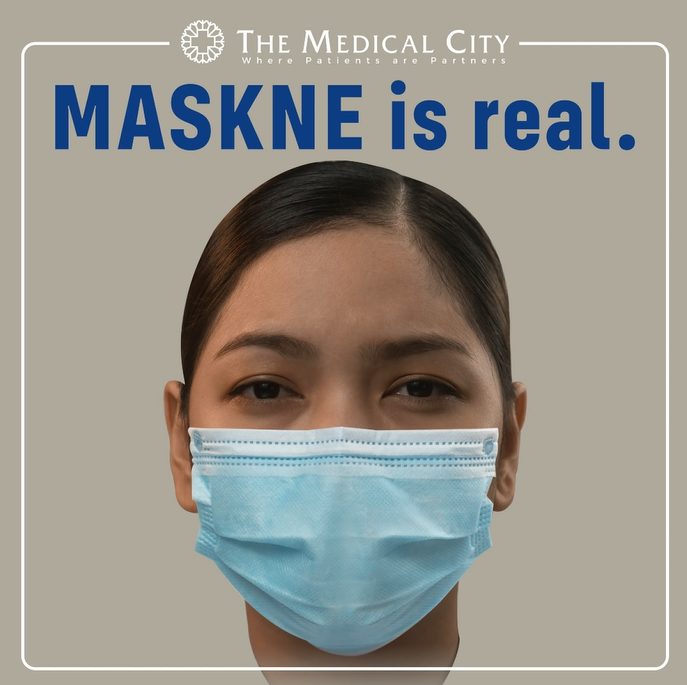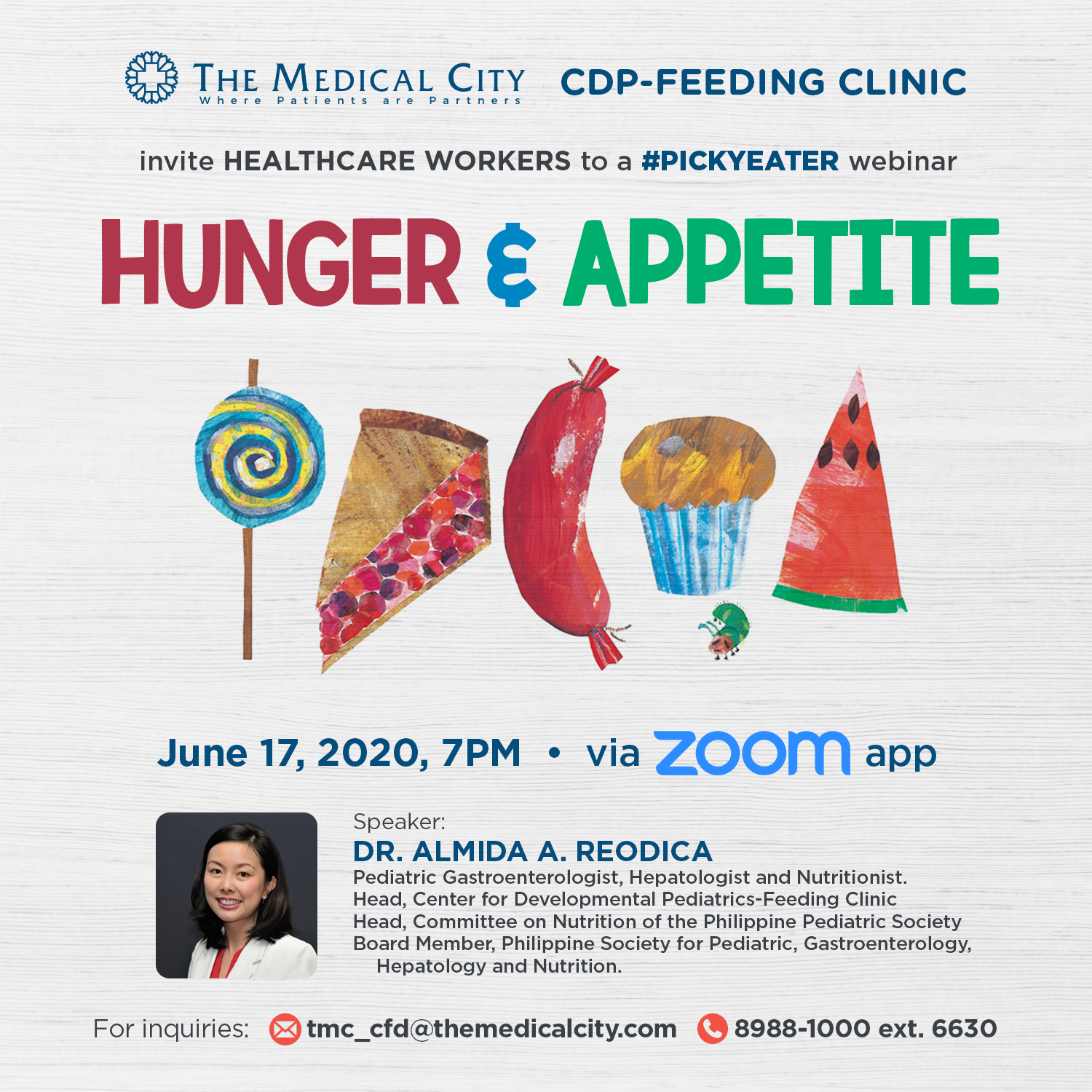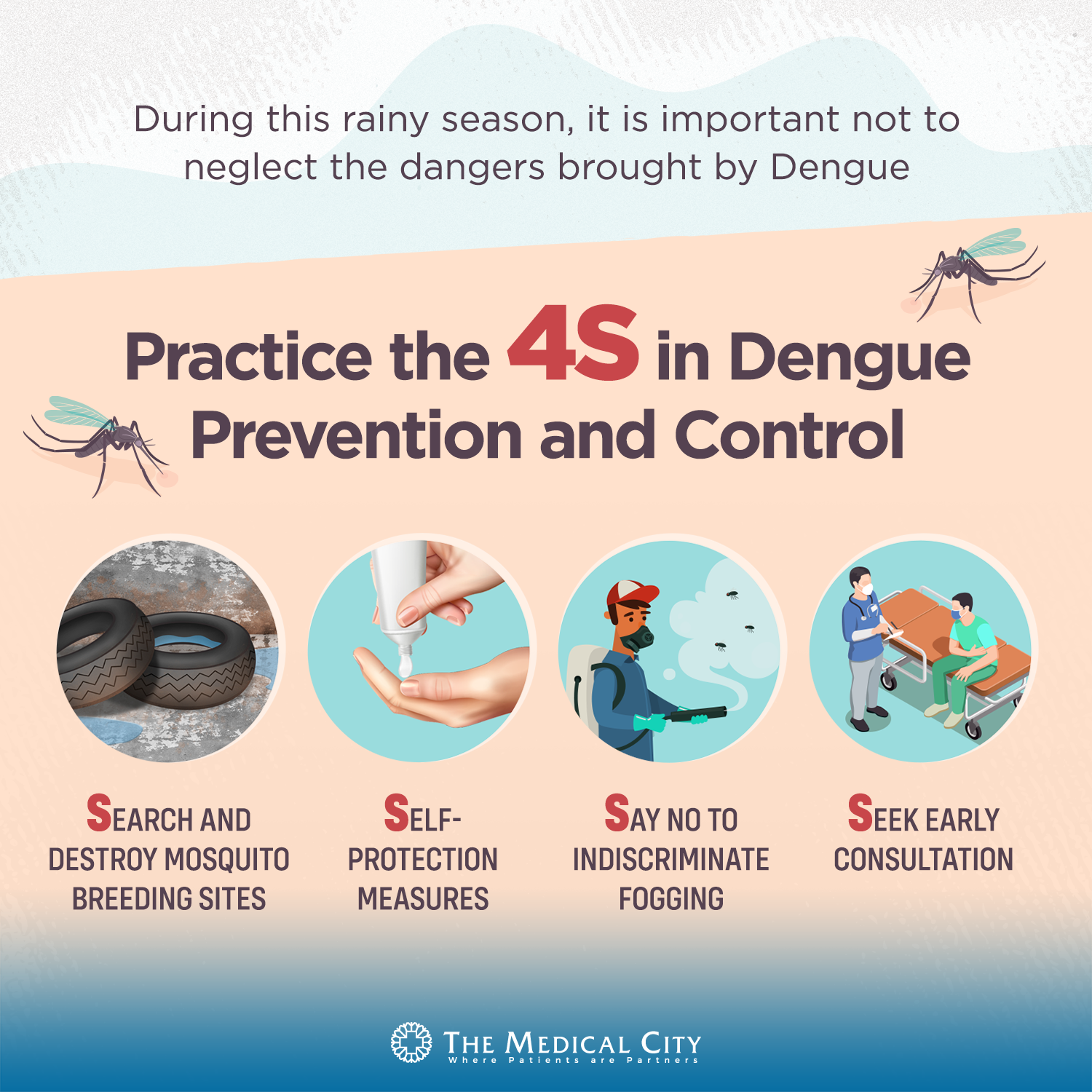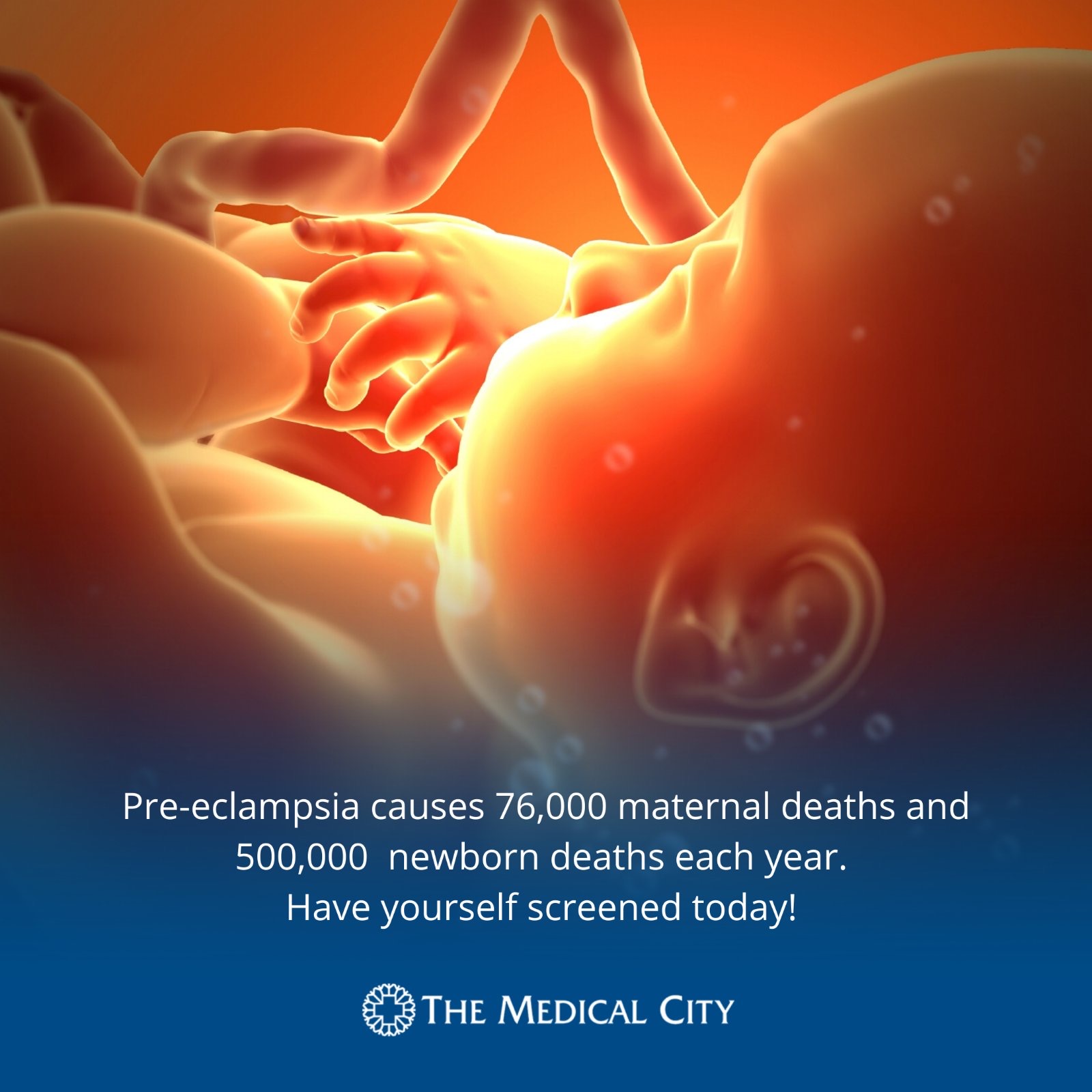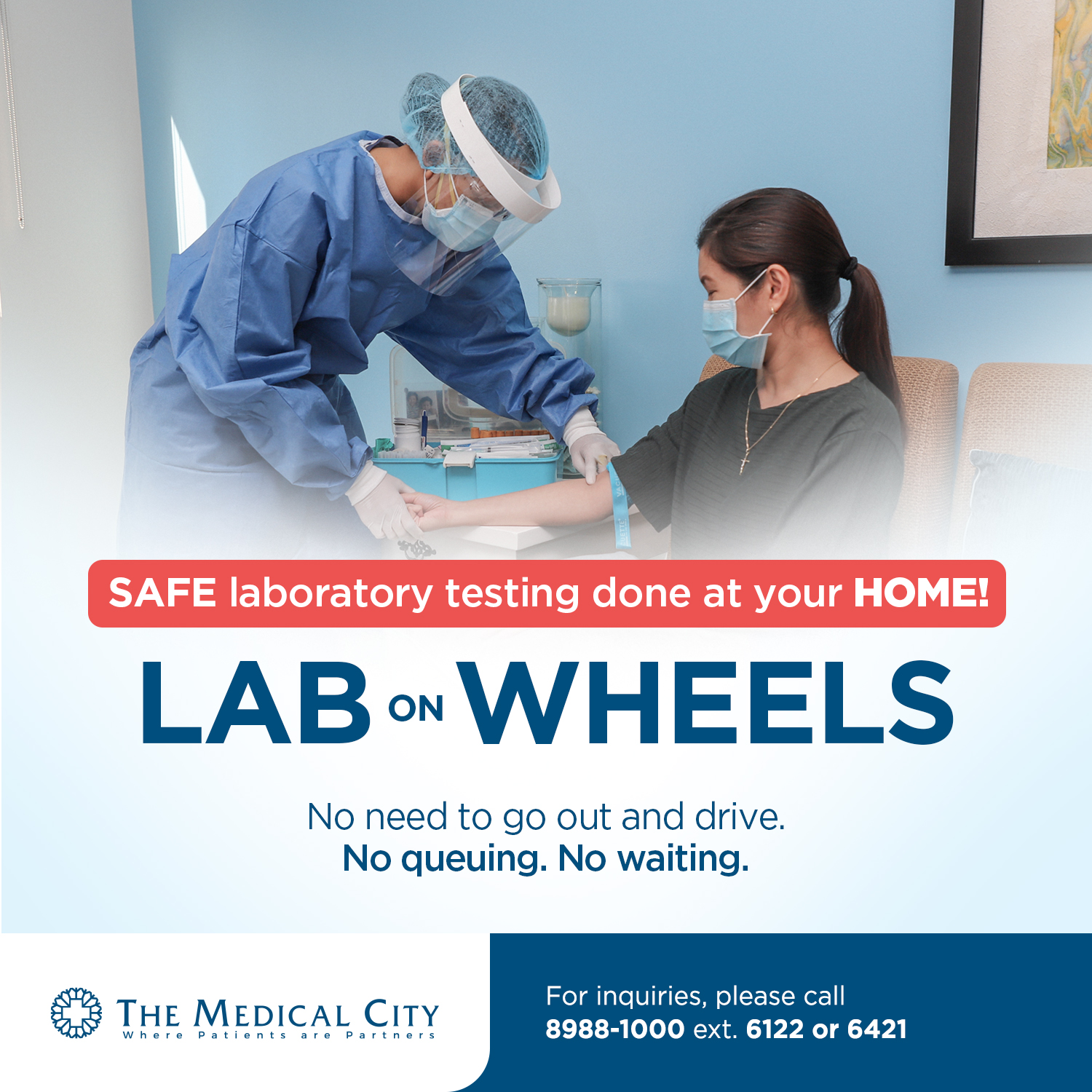Take charge of your health today

When to see the doctor during the COVID-19 pandemic
Keeping ourselves and our family healthy is important especially in this time of pandemic.
But as the number of COVID-19 infections in the country continues to rise and stay-at-home policies remain in place, physicians are concerned that many patients are choosing to stay at home even when they need treatment or emergency care, out of fear of contracting the virus.
“We understand that patients may be concerned and anxious about seeking medical care during this time but care delayed may often lead to more serious health problems,” says Dr. Edmond Dazo, ENT- Head and Neck surgeon at The Medical City (TMC).
The fear of contracting this terrible virus is understandable, but fear must be balanced with reason and caution as other diseases and complications will not stop during this pandemic.
Heart attacks and strokes still happen amid the COVID-19 crisis. Many serious conditions such as these two can be properly treated if patients receive care quickly. Every minute matters as it could be devastating or fatal if treatment is delayed.
If you or a family member is experiencing emergency symptoms, do not hesitate to seek urgent treatment in the nearest hospital. Emergency rooms are following strict safety measures to keep you safe from COVID-19. As for The Medical City, there are two separate emergency rooms – one for COVID-19-related cases and one for non-COVID-19 health concerns.
Aside from medical emergencies, here are some common time-sensitive conditions that you can – and should – still seek treatment for.
Chronic conditions
One reason people with chronic diseases such as heart disease and diabetes may be at higher risk of COVID-19 is because of a weaker immune system which makes it harder to fight off infections. If you are one of these people with chronic conditions, you need regular checkups and lab visits with your care team to monitor your progress and make sure your treatment is working.
You can still see your doctor through teleconsults or in-person appointments, if needed. While telehealth solutions are available if you want to speak with your doctor about a health concern unrelated to COVID-19, certain health issues however require an in-person visit. In some cases, a physical examination or a formal assessment which needs to be done in person is necessary before treatment.
Though COVID-19 may change the way you receive care, it is important for your health that your care does not stop. Just make sure you are taking steps to reduce your risk of getting COVID-19, including washing your hands, wearing a mask, and following physical distancing guidelines.
Cardiologists warn that if you think you are having a heart attack or some other heart issue, do not ride it out at home just because you are worried about COVID-19. It is important to see a doctor and get evaluated so you can get the problem taken care of in a timely manner.
“At The Medical City, we have safety measures to protect you or reduce your chances of being infected. So don’t ignore symptoms especially if you have a heart condition,” says Dr. Paolo Prado, TMC cardiologist.
Dr. Elizabeth Paz-Pacheco from the TMC Section of Endocrinology, Diabetes, and Metabolism, on the other hand says that as we combat COVID-19, let us also continue to fight against diabetes and its complications.
Dr. Pacheco advises diabetic patients to maintain their blood sugar goals as well as targets for blood pressure, cholesterol, and weight.
Medically necessary procedures and diagnostic tests
While the number of COVID-19 infections continues to rise, thousands have also suffered in other ways, due to delay in non –COVID-19 medical and surgical interventions. But as hospitals have gained sufficient amount of personal protective equipment (PPE) and implemented extensive safety measures and disinfection procedures to keep patients safe, previously delayed surgeries and procedures are now being rescheduled.
“Your health is our number one priority. Whether you are coming for a surgery or medical appointment, rest assured that we have precautions in place to protect your health,” says Dr. Jose Antonio Salud, head of the Department of Surgery of The Medical City.
It is best to call your doctor if you have any concerns about your care or treatment plan.
Time-sensitive screening tests
Cancer screening saves lives. Colonoscopies and mammograms are examples of screenings that can detect cancer and other medical conditions.
If it’s time to schedule your regular screenings and if you have any concerning symptoms – don’t delay getting the care you need.
Cancer treatment
In general, the earlier a cancer is found and treated, the better the chances at survival and a healthy quality of life.
“Curing cancer is easier if diagnosed early. Do not wait. Do not let your fear paralyze you,” says Dr. Beatrice J. Tiangco, director of TMC Augusto P. Sarmiento Cancer Institute (APSCI).
Cancer patients staying away from hospitals in fear of catching the virus are likely to delay diagnosis or treatment, which may result in patients presenting themselves in advanced stages especially in certain kinds of cancer. There are also cancers which, if treated promptly and appropriately, have better long-term survival outcomes.
At APSCI, the attending physician will review each patient's care needs and determine the medical necessity for each individual. All consults are by appointment to minimize the patient’s risk of exposure to the virus. Patients are also advised to keep their chemotherapy appointments, unless their care team contacts them to reschedule.
Bone and joint conditions, spine problems
Doctors also advise patients not to delay treatment for bone injuries, bone and joint conditions, back or spine problems, and many forms of arthritis. Avoiding medical care until after the pandemic ends can lead to further injuries, increased pain, and even permanent damage in some cases.
If you are suffering from such conditions, talk to your doctor or go to the Orthopedic Multi-specialty Clinic of The Medical City. The clinic accepts patients with:
- Fractures, dislocations and soft-tissue injuries of the extremities
- Chronic joint disorders
- Sports-related injuries, most commonly involving the knees, ankle, shoulder, elbow, and foot
- Common hand conditions aside from those of a traumatic nature, including infections, acquired or congenital deformities, degenerative conditions and peripheral nerve disorders.
Childhood immunizations
Do not postpone your child’s crucial vaccination appointments. Children’s immune systems are more vulnerable to illness and disease, and vaccination schedules are scientifically designed with this in mind. The goal is to protect kids from vaccine-preventable diseases as early and as safely as possible. If you have a child who is due for any immunizations, call your child’s pediatrician to schedule an appointment.
Mental health
These are challenging times and widespread concern about this public health emergency is normal. While on home quarantine, you may feel frustrated or lonely, bored, or worried about a lot of things – your finances, your work, and your health and of your loved ones. It is important to pay attention to what you have control over, like taking care of your body and mental health as well. Suicidal thoughts, feelings or actions should not be ignored.
Mental health experts encourage patients to speak up about thoughts of suicide and feelings of hopelessness and despair and to recognize the warning signs of suicide. For consultation and inquiries, please call the TMC Department of Psychiatry at 8988-1000 or 8988-7000 ext. 6282.
Pregnancy
During pregnancy, there are symptoms that could arise between appointments that should not be ignored. These symptoms include high-risk pregnancy symptoms and signs of hypertension, such as elevated blood pressure, severe headache, increase in swelling of hands, feet or face, or blurred vision that would warrant a call to their health provider or a visit to the emergency department.
Other worrying symptoms may include fever or any of the symptoms of COVID-19, decreased fetal movement, severe abdominal pain, signs of preterm labor and heavy vaginal bleeding. Pregnant women should call their doctor immediately for advice or guidance on what to do next.
Rest assured that keeping you safe and healthy is a top priority among health institutions.
TMC, for instance, has intensified infection control and decontamination measures and hospital safety protocols, including evaluating and treating COVID-19 patients separately from others.
“Amid this crisis, our regular (non-COVID-19) patients remain our primary client-partner base. Their needs do not decrease with the pandemic, but have, in fact, been magnified by it. Several months of delayed treatment, borne of fear and physical restrictions, aggravate pre-existing illnesses and spawn new ones. They have to be addressed with equal fervor as we do our COVID patients,” says Dr. Rafael S. Claudio, TMC Chief Medical Officer.
For inquiries and appointments, call the TMC hotline at 89881000 or 89887000. Our hospitals and clinics are safe and ready to care for you. Let us help you take charge of your health today.

